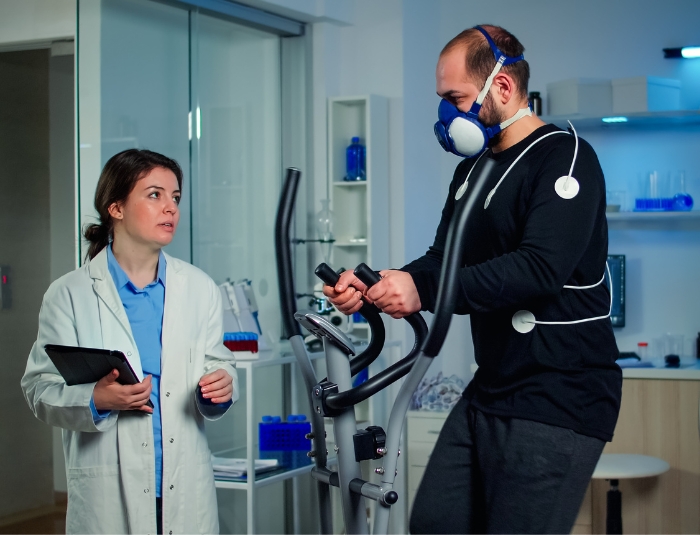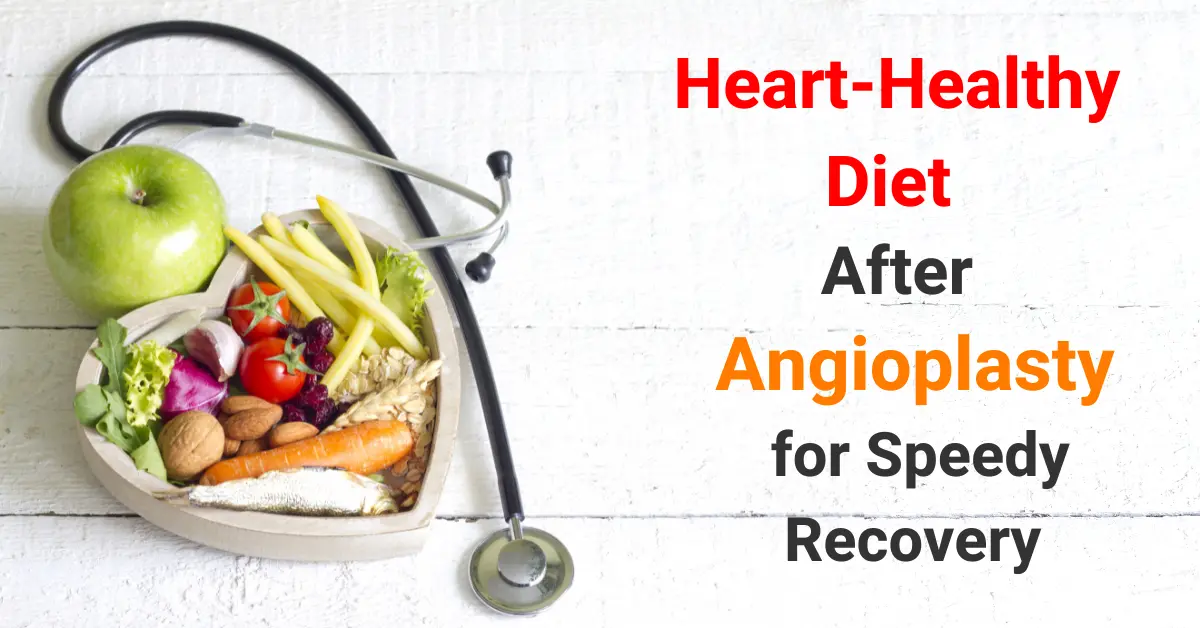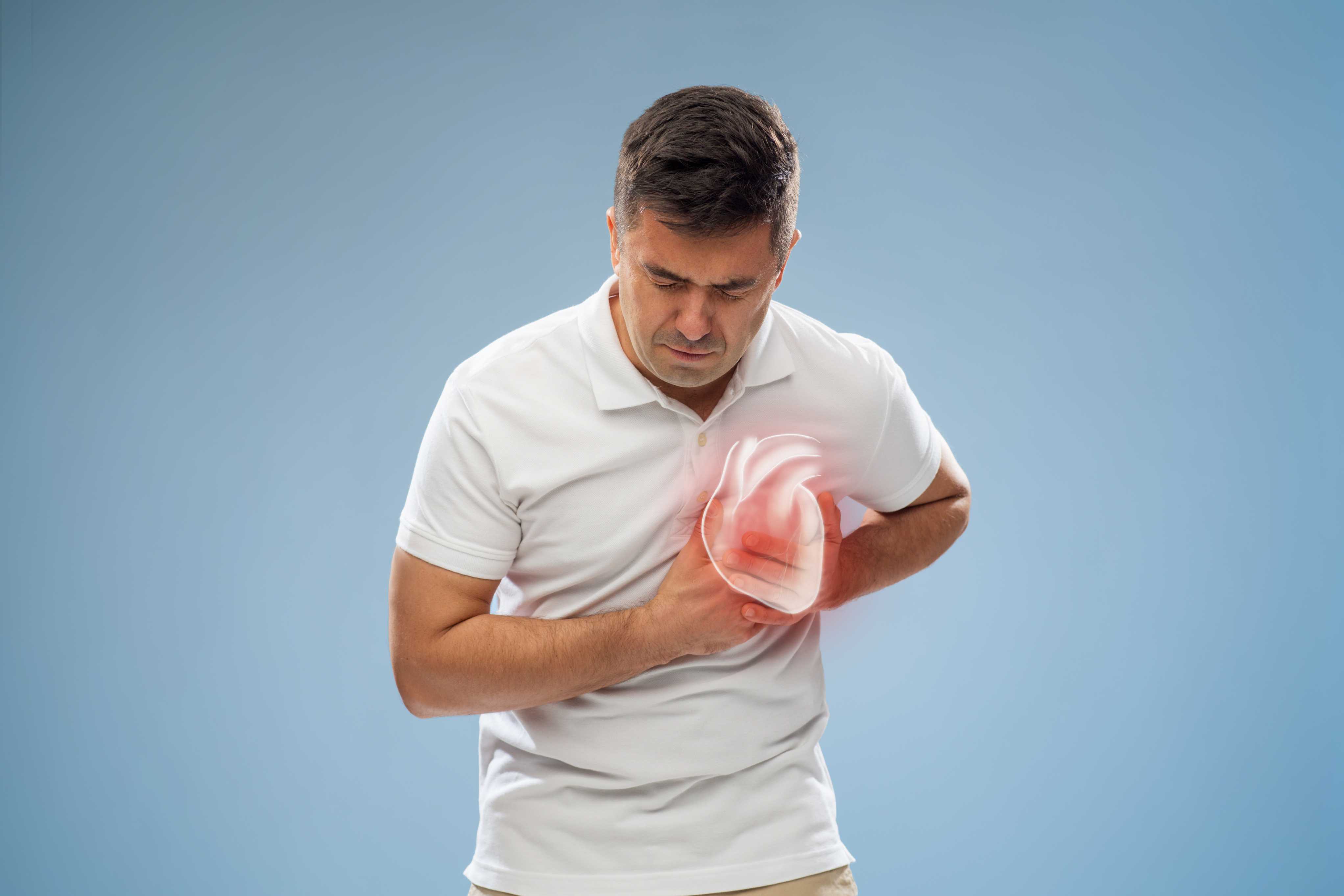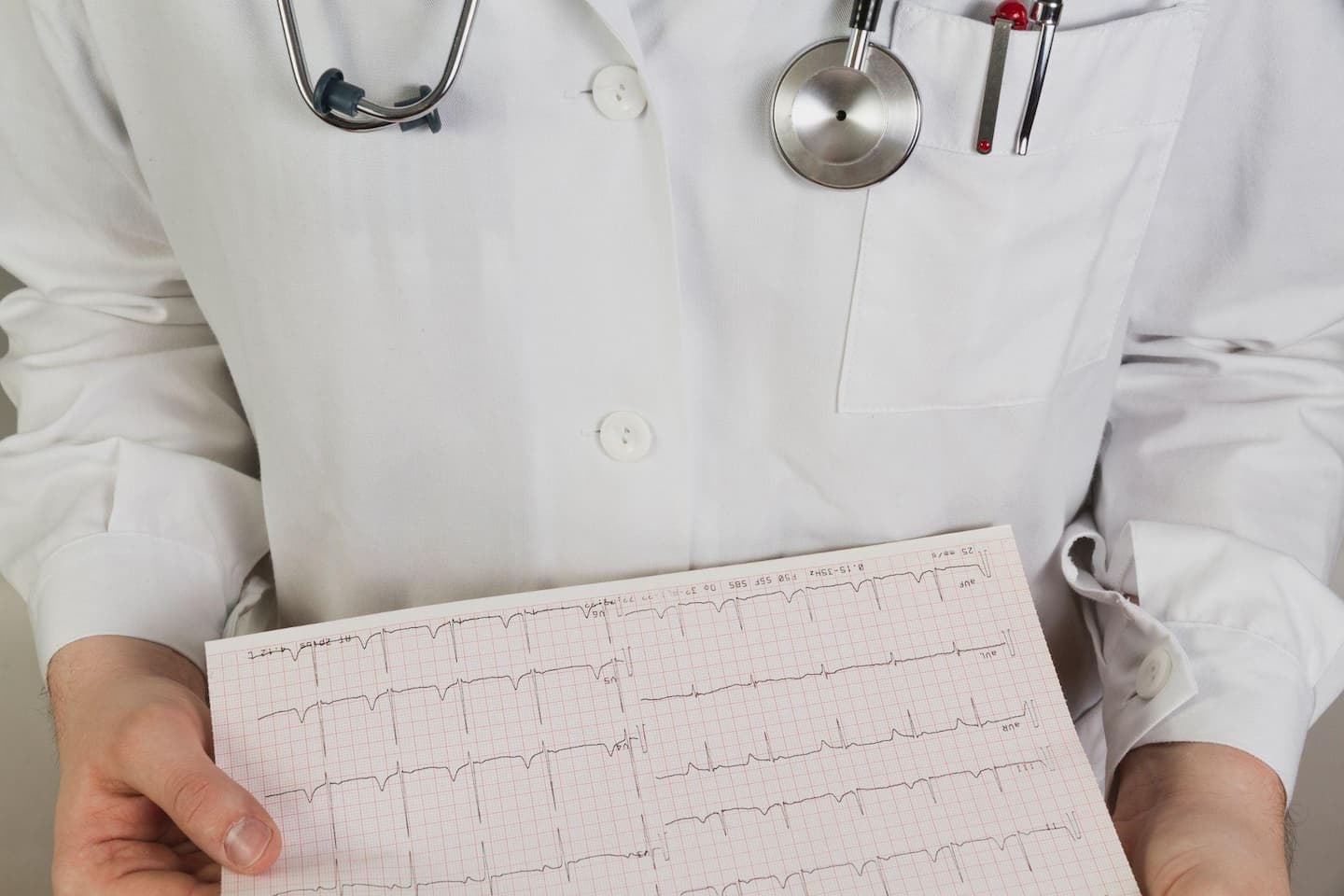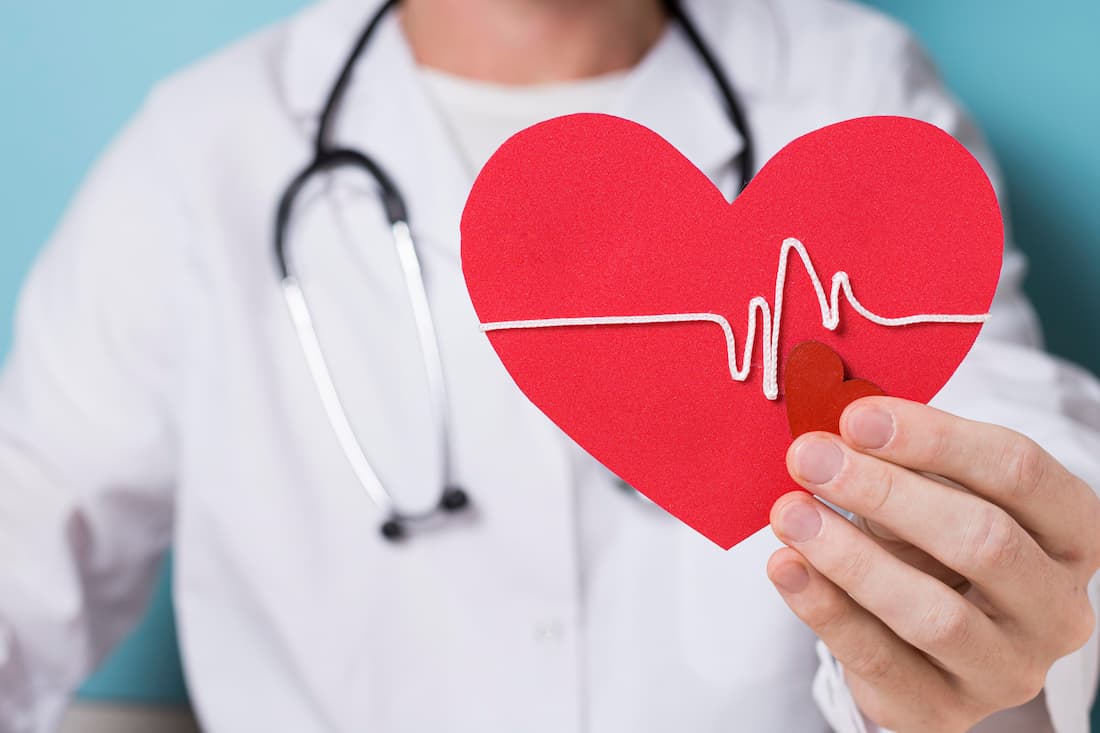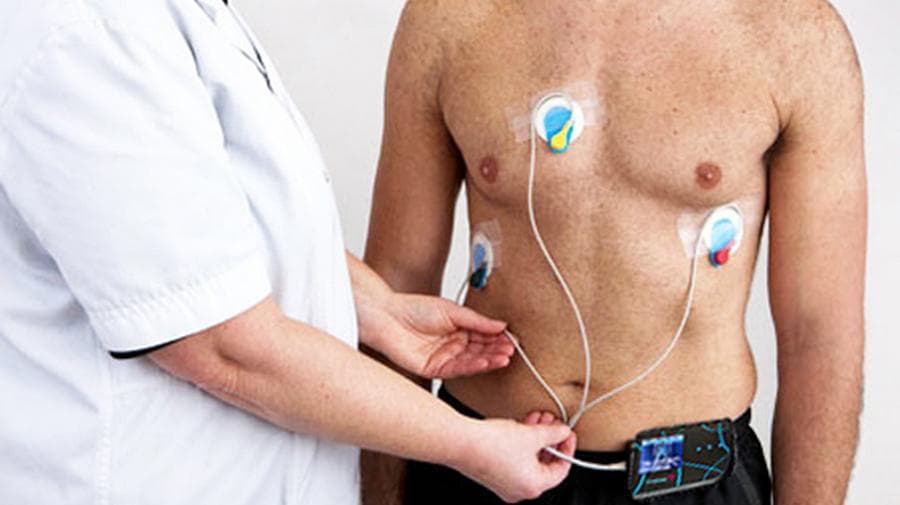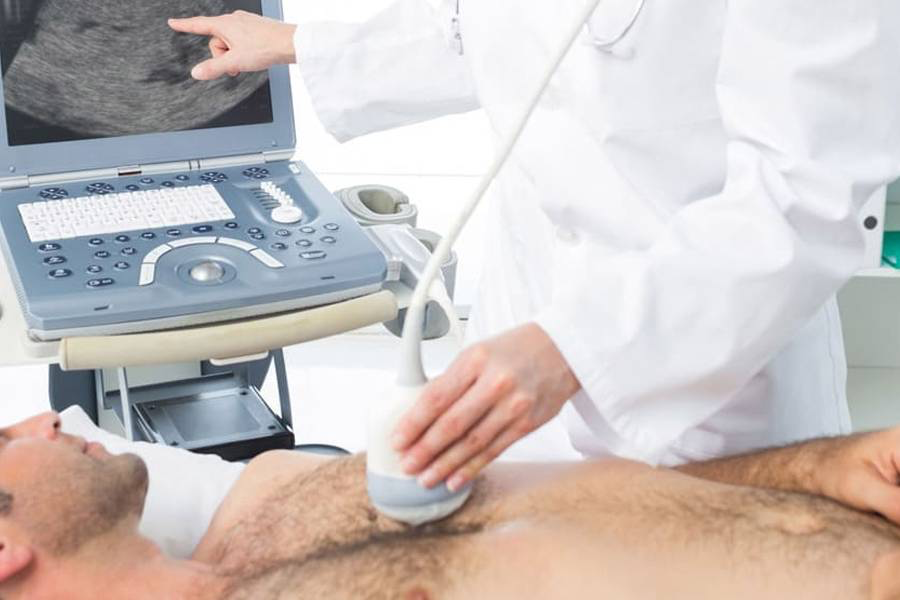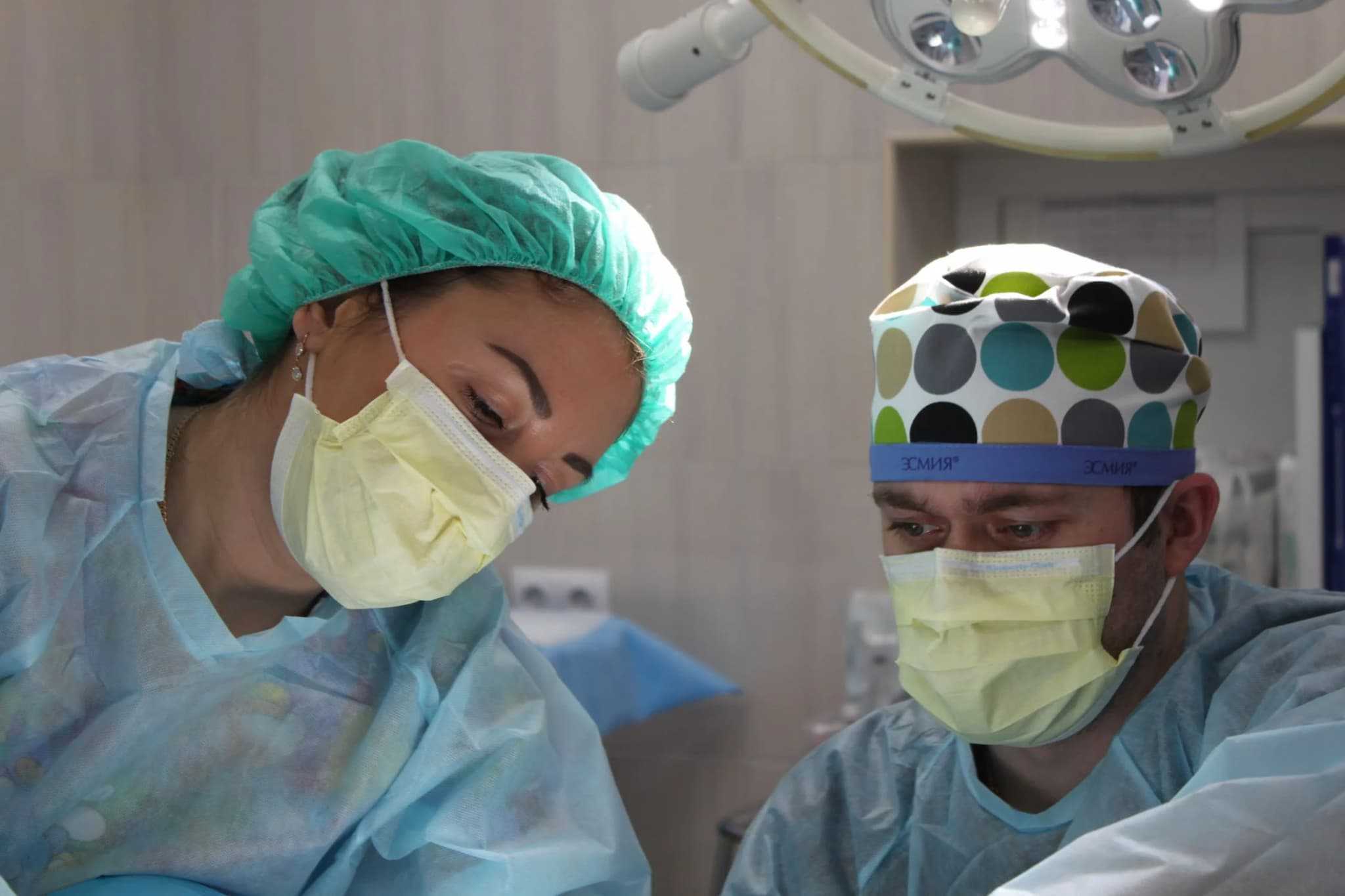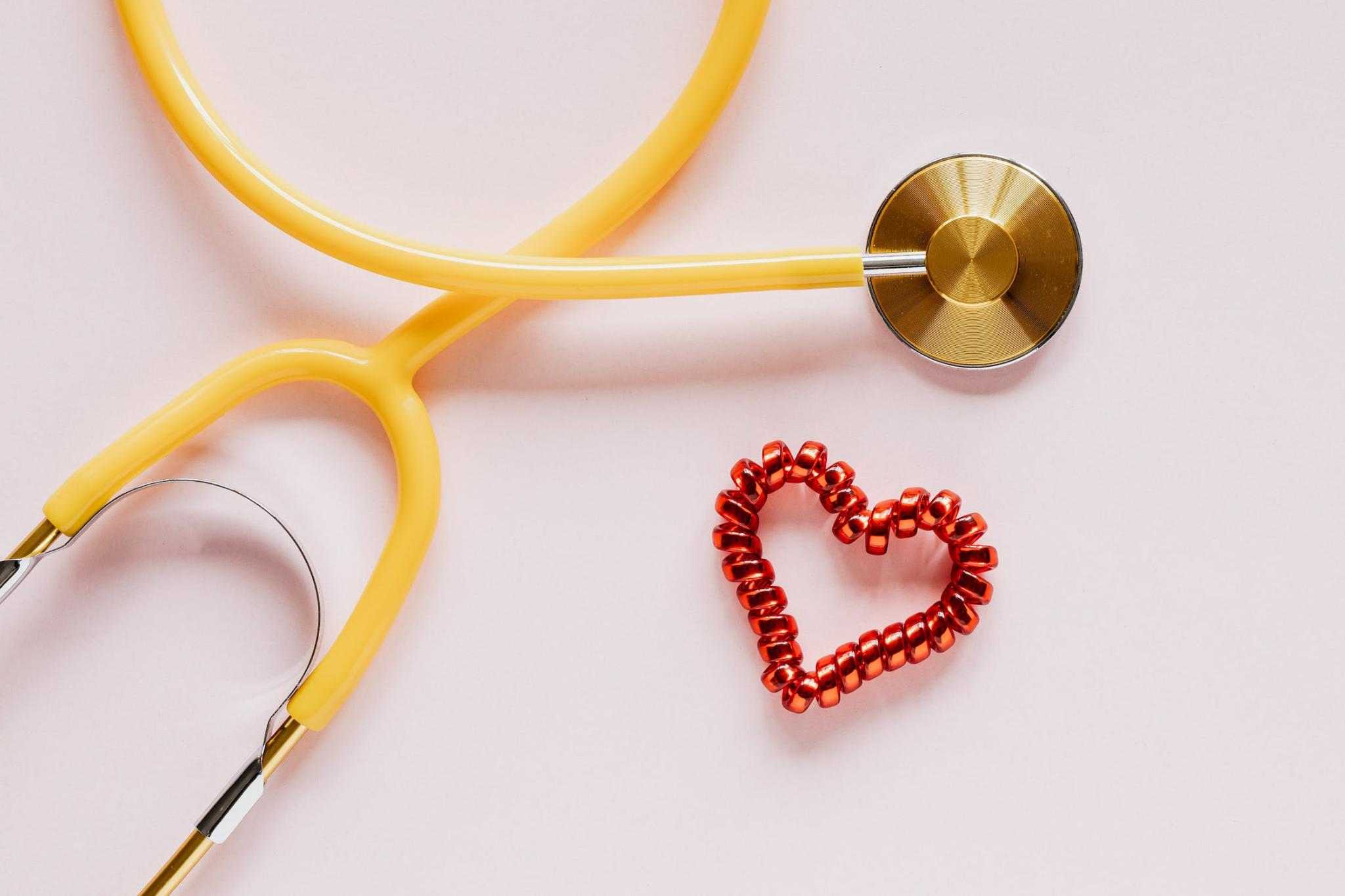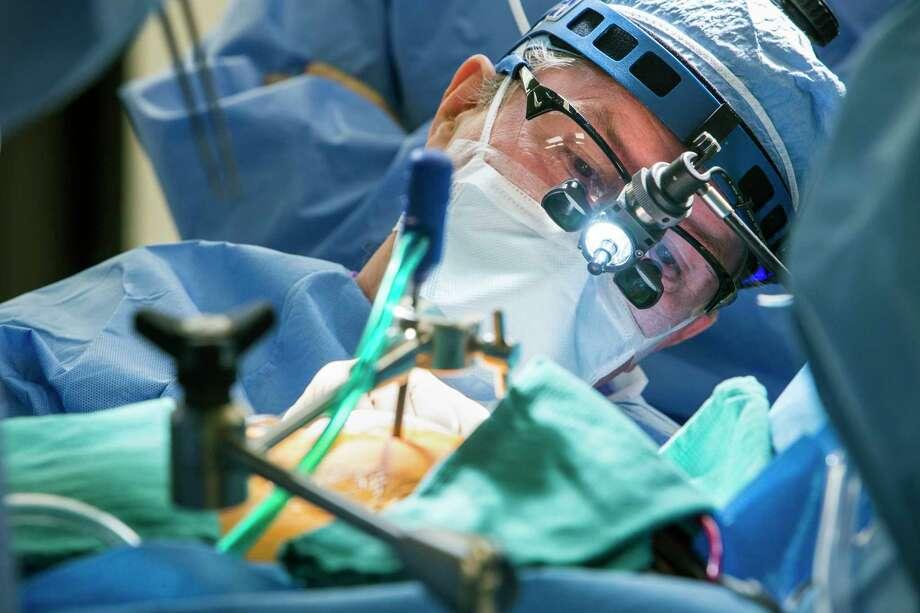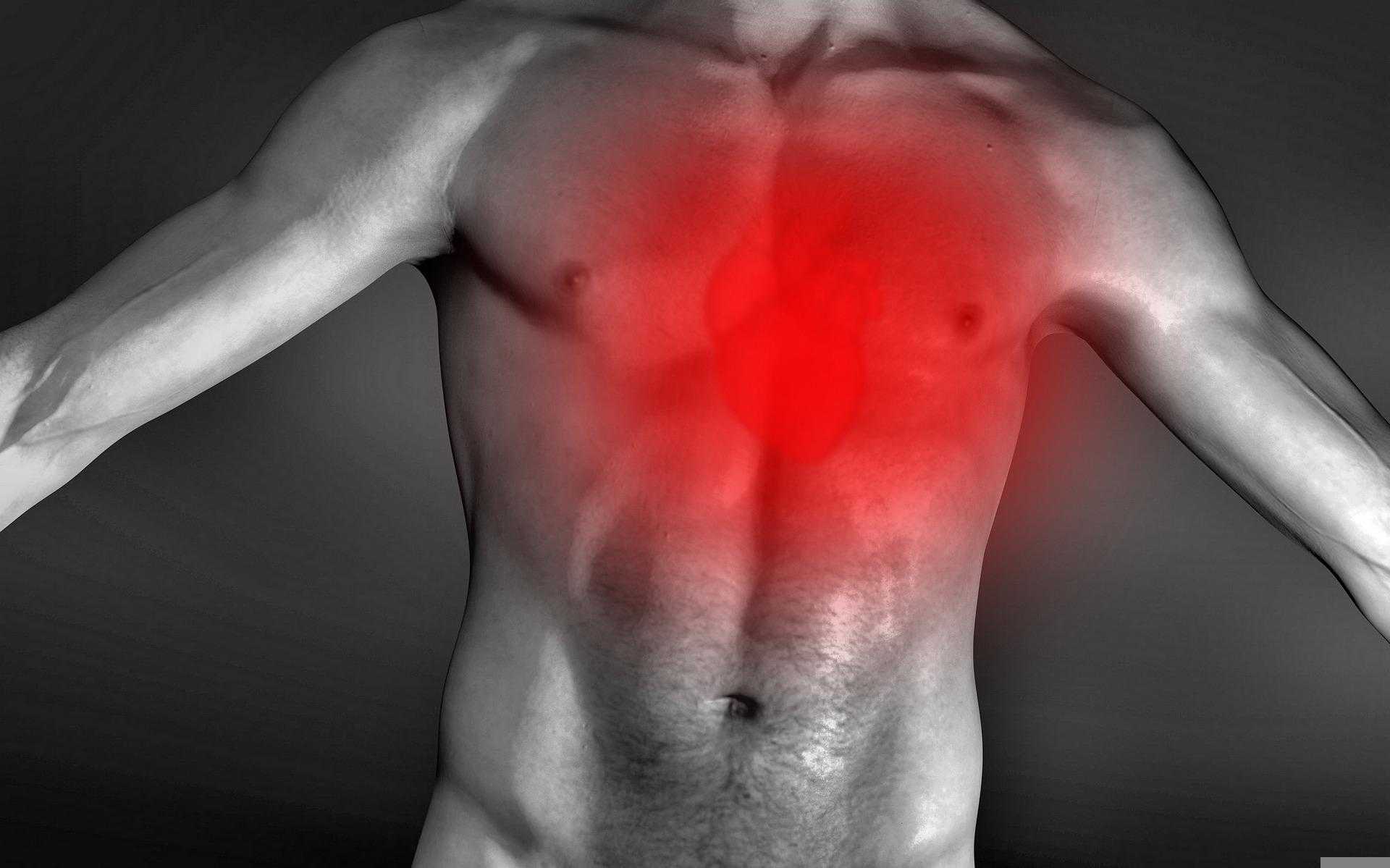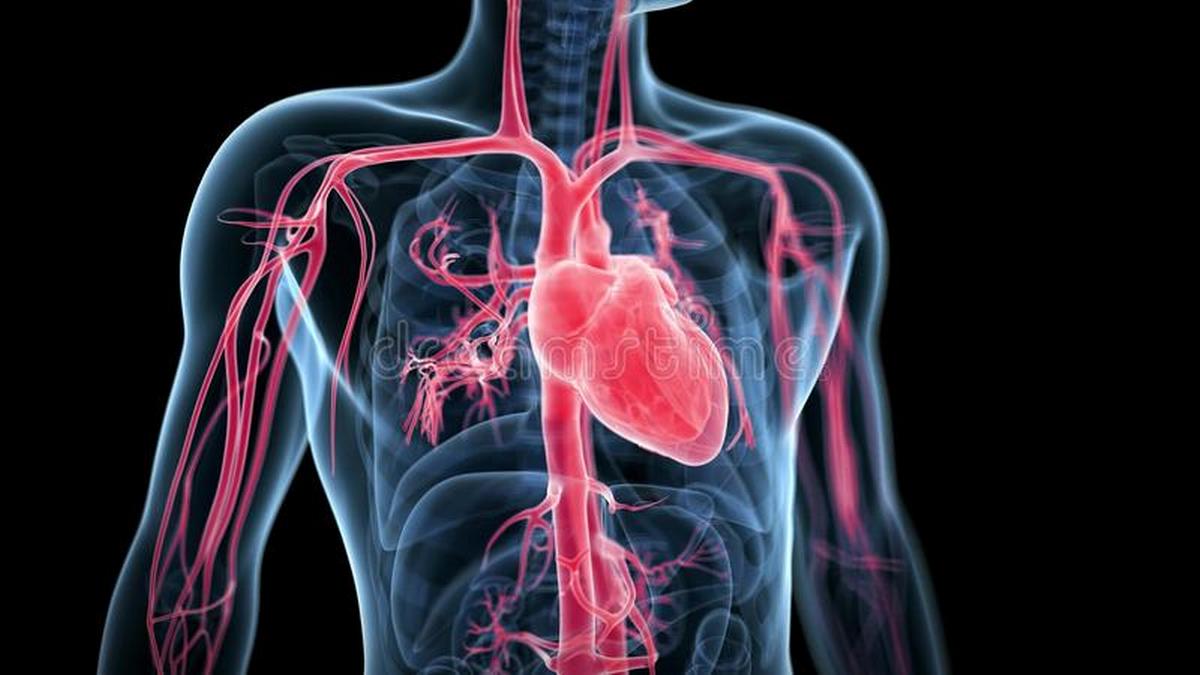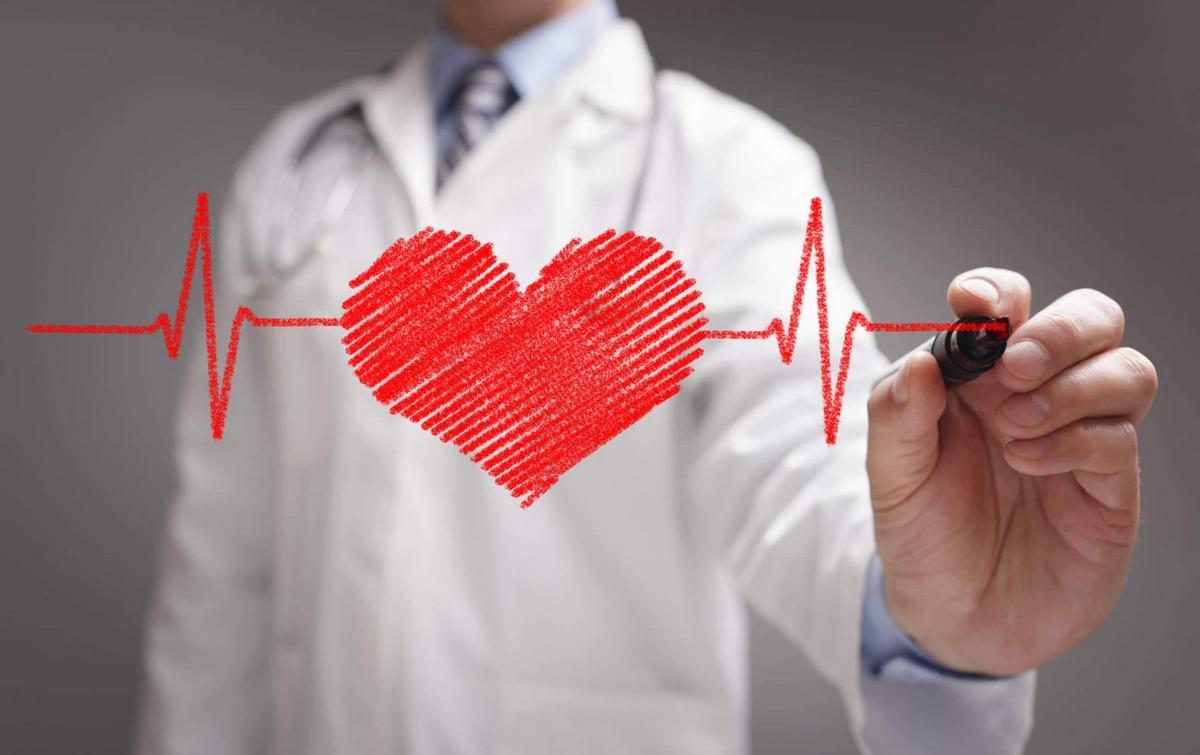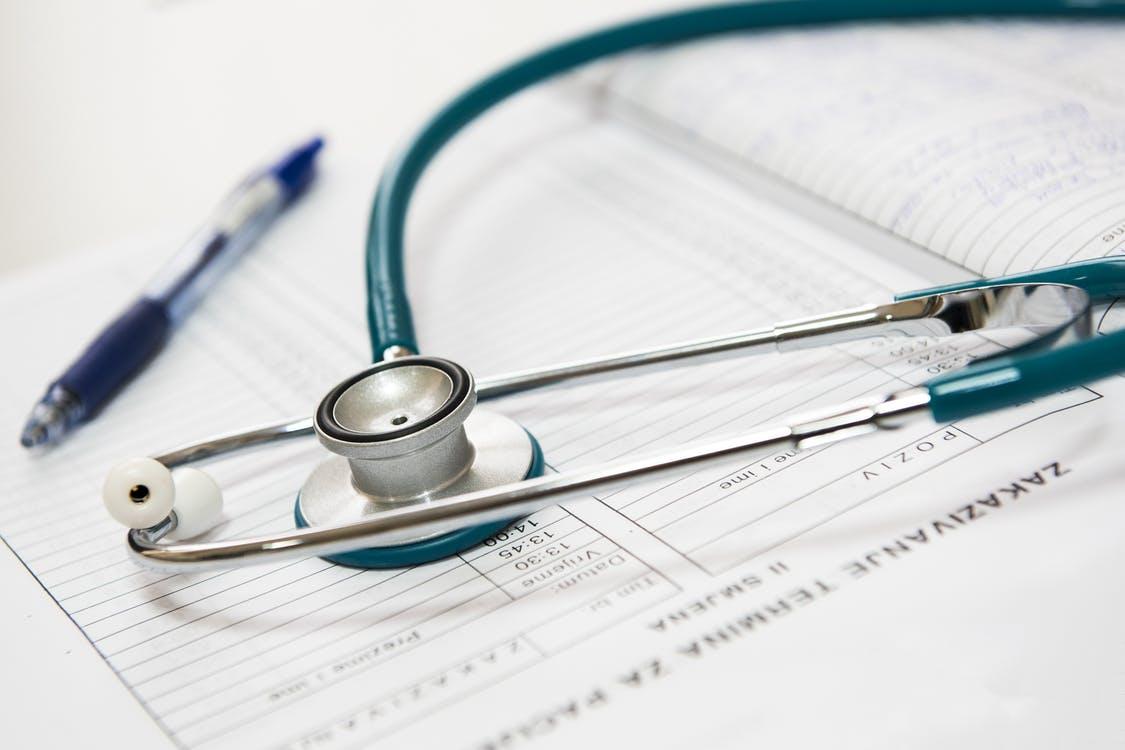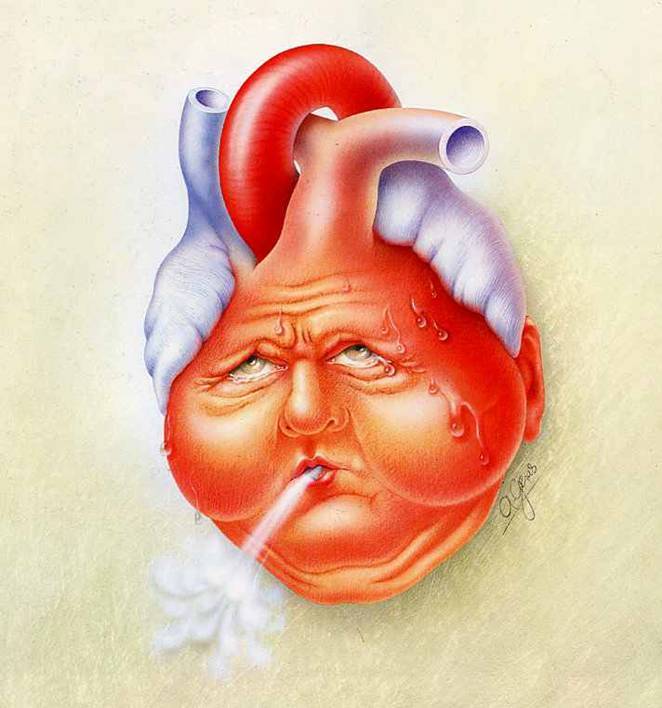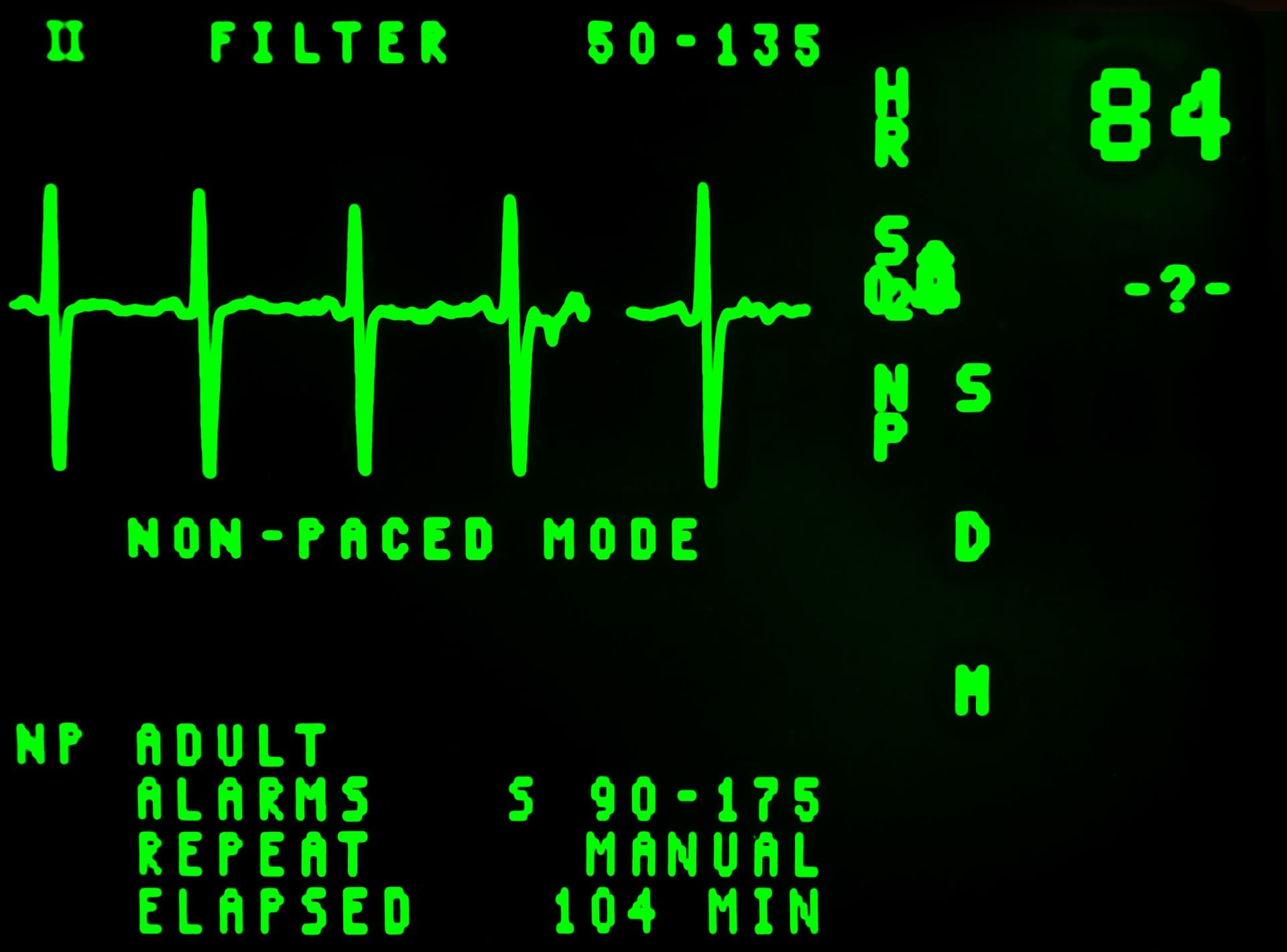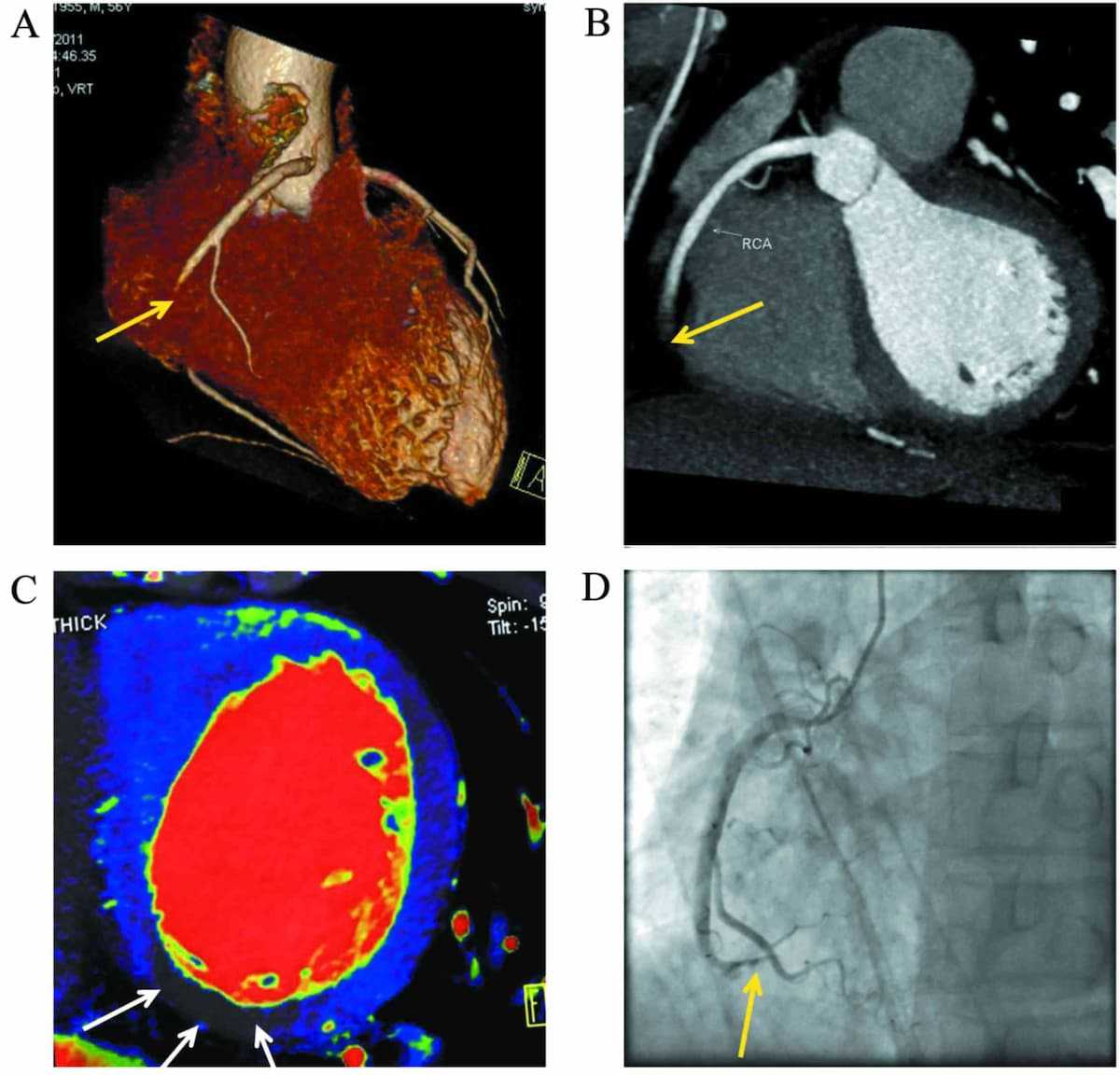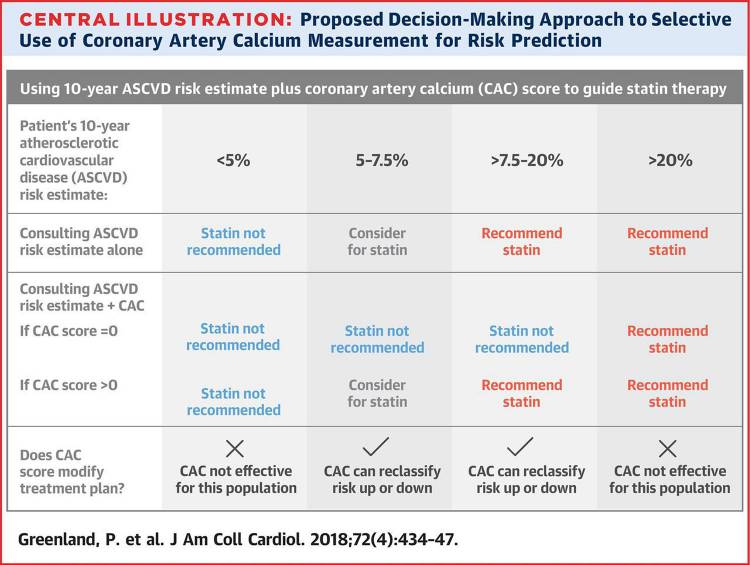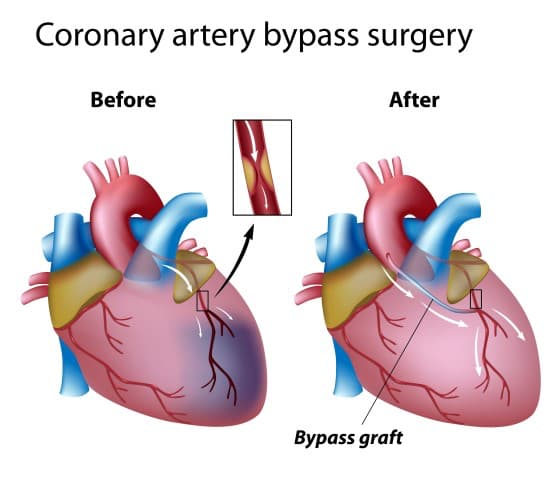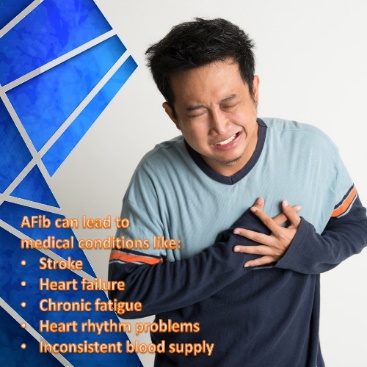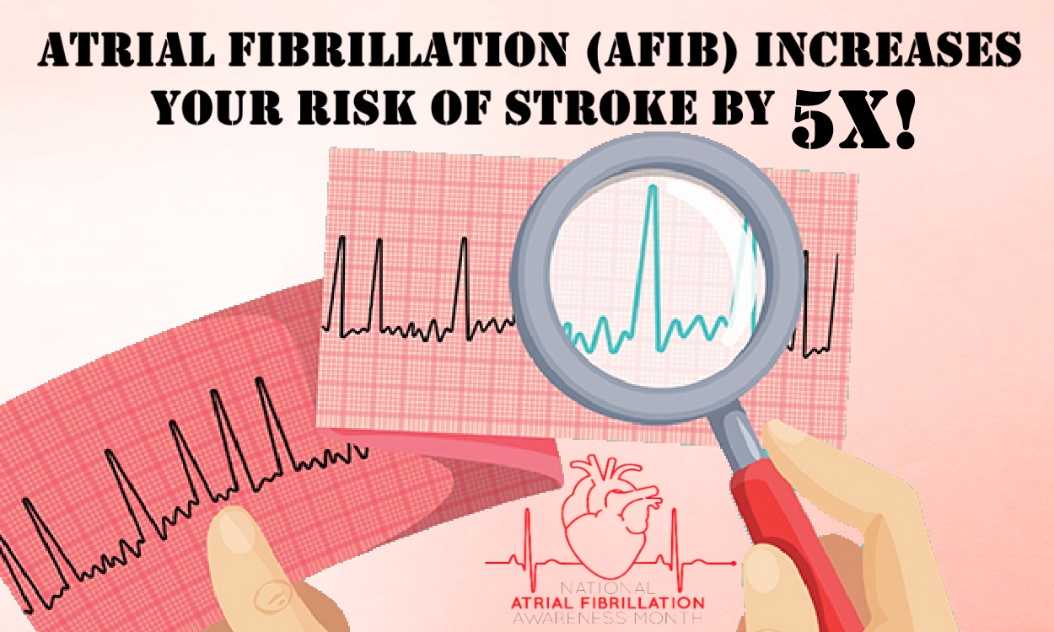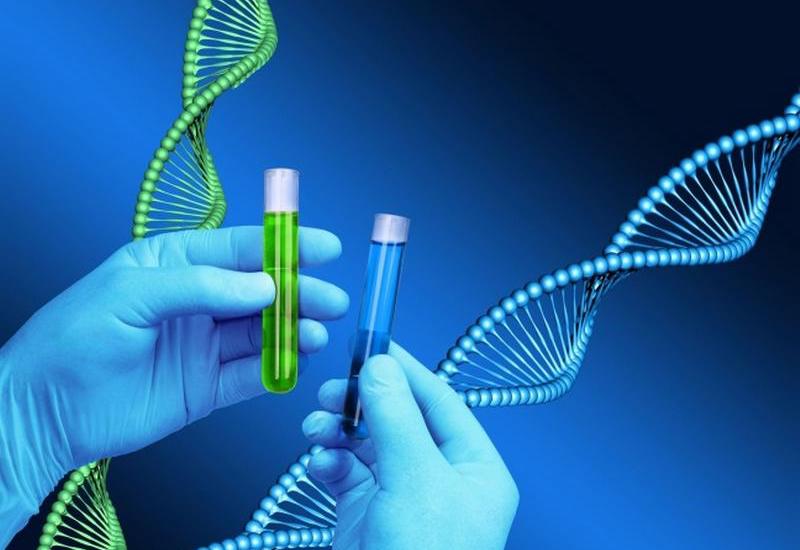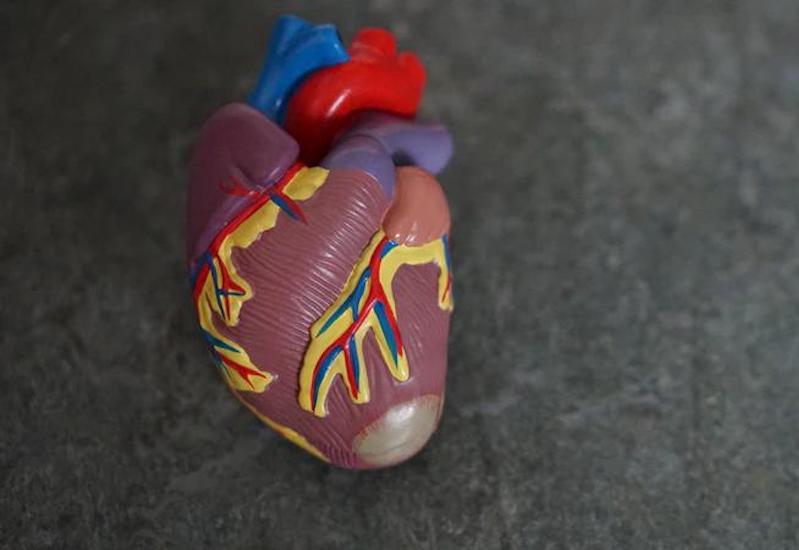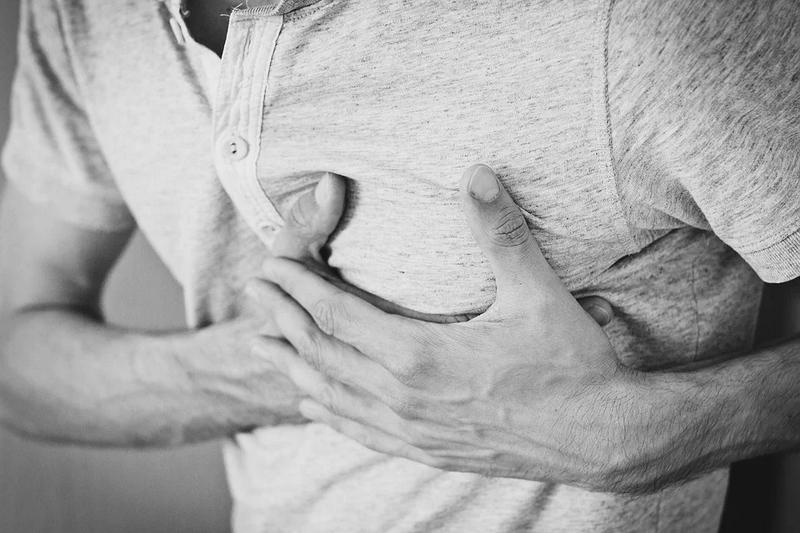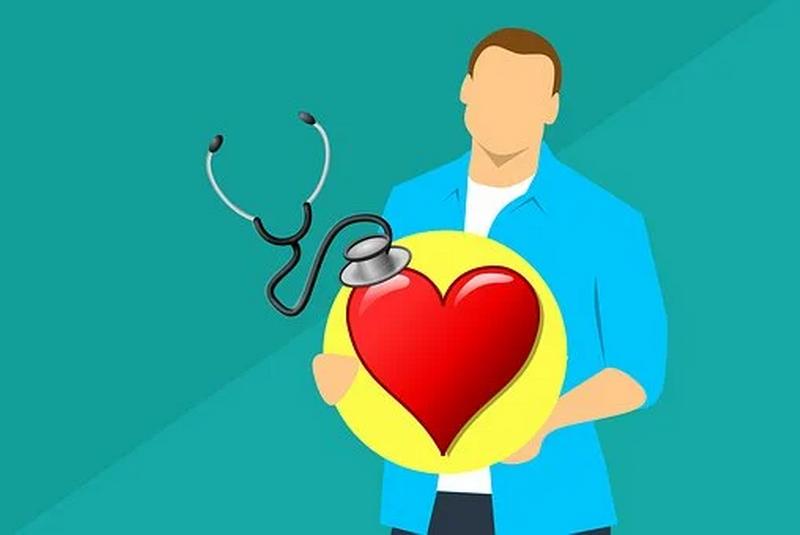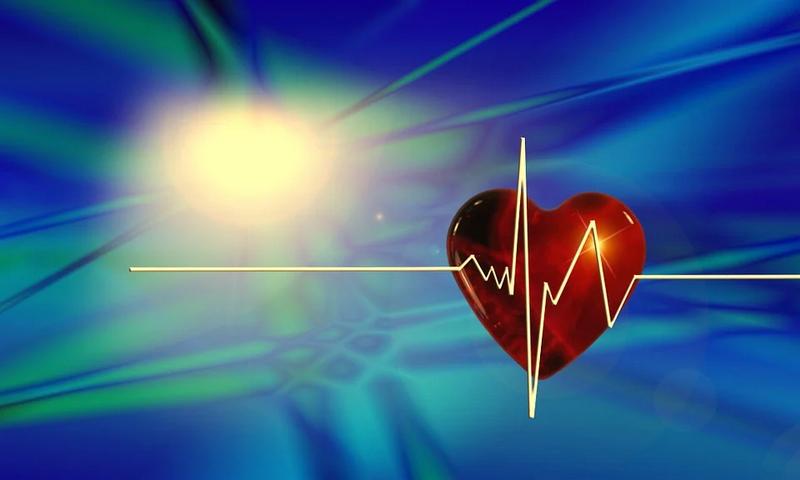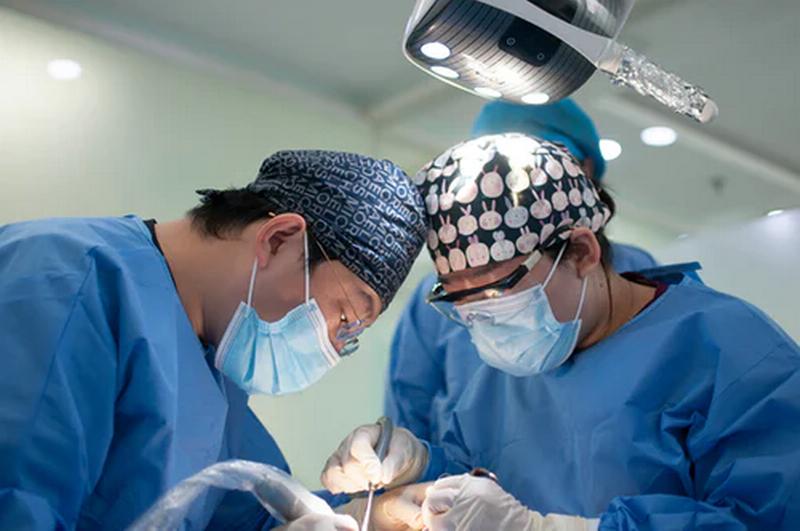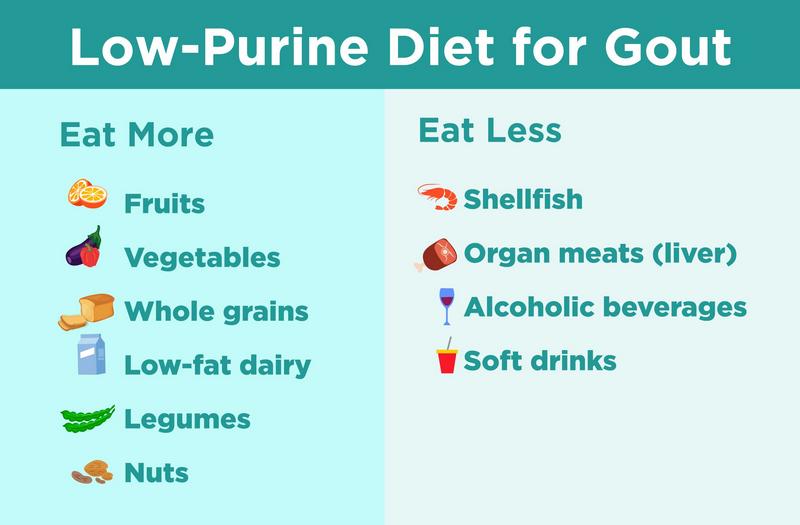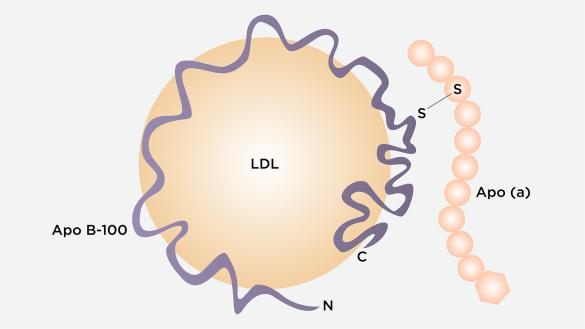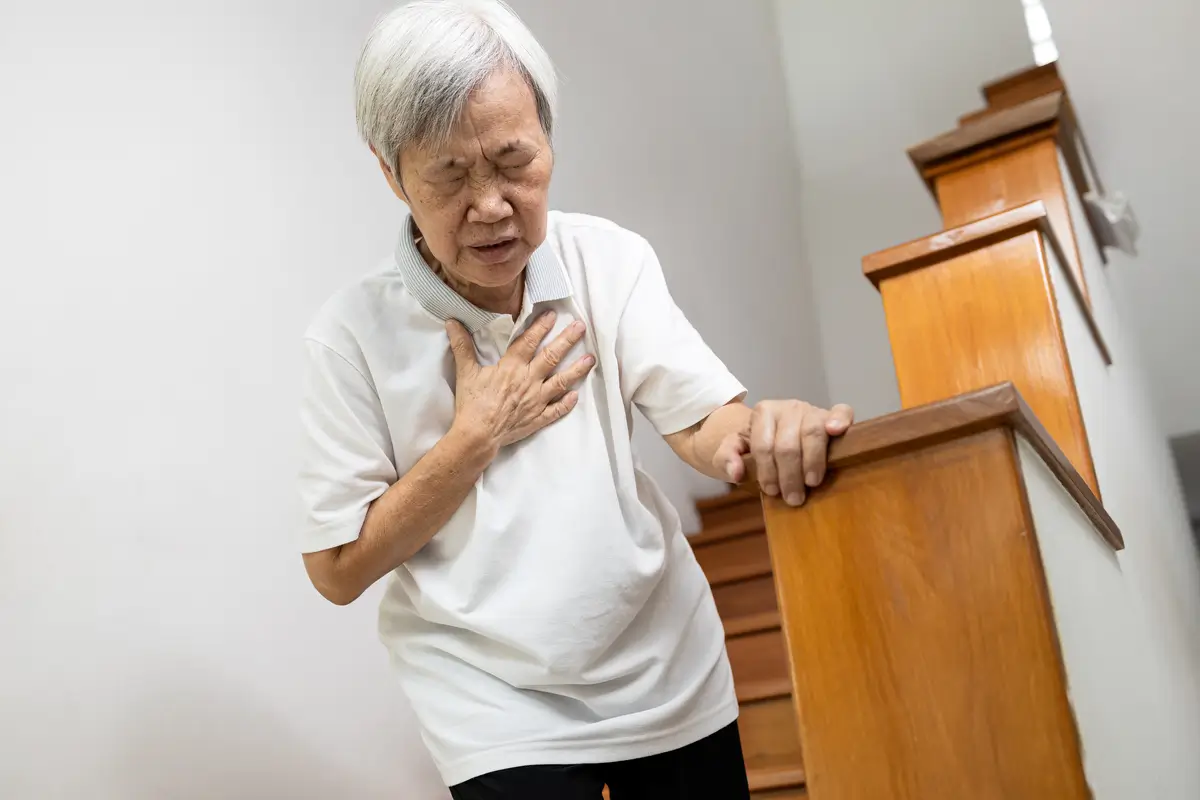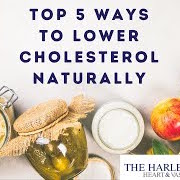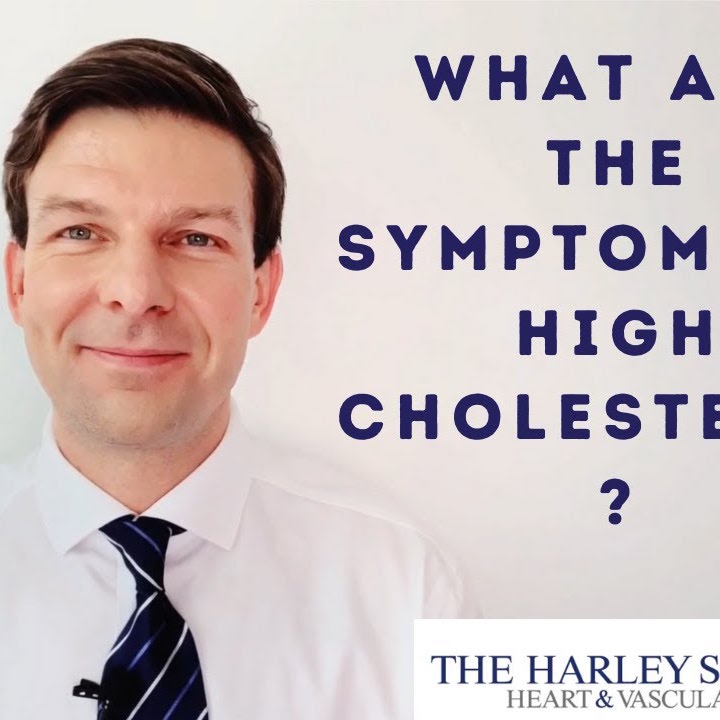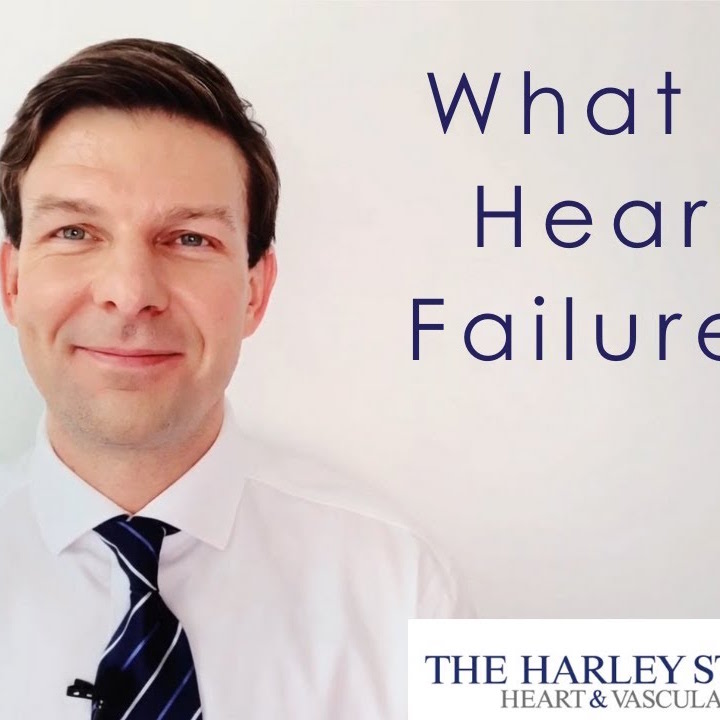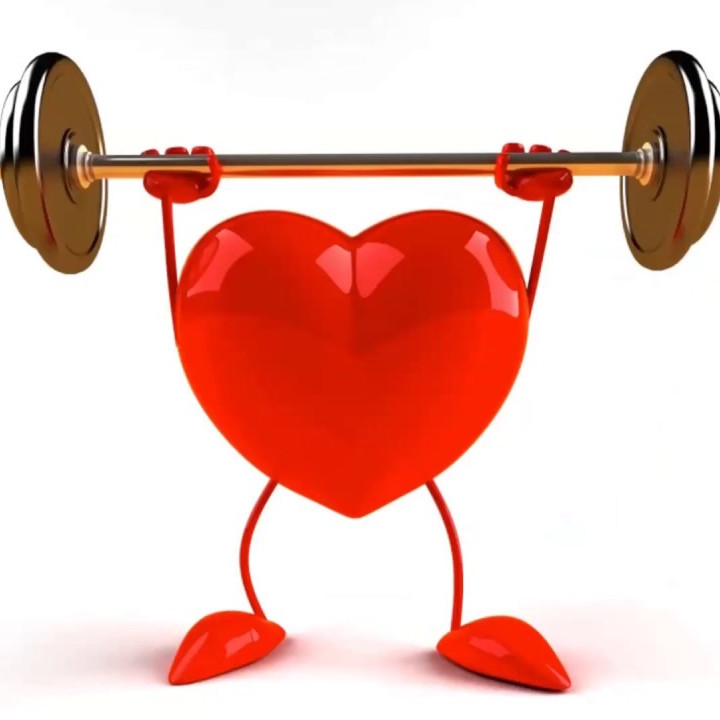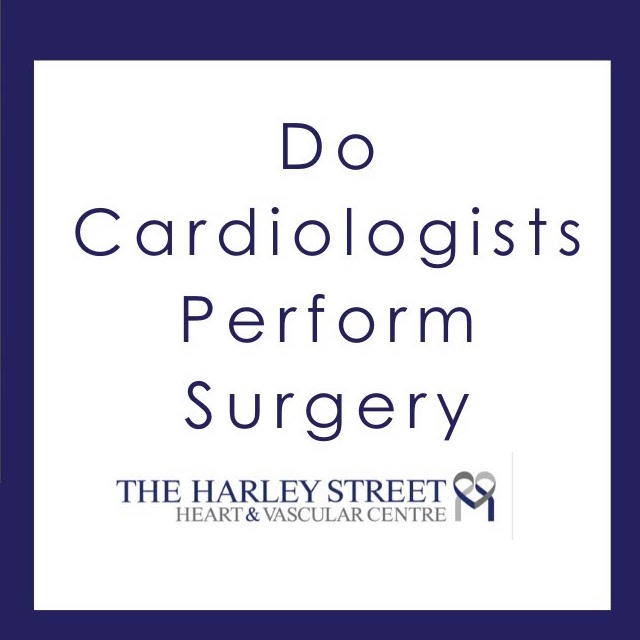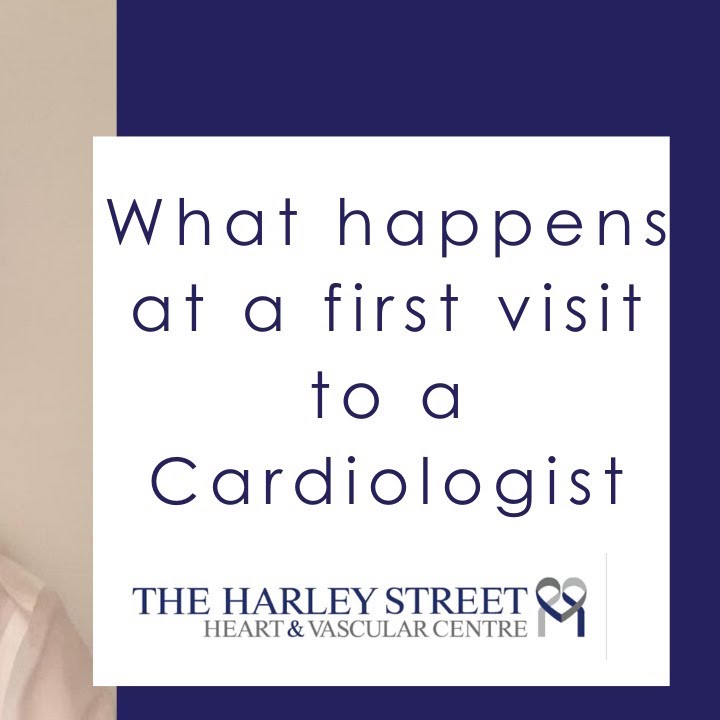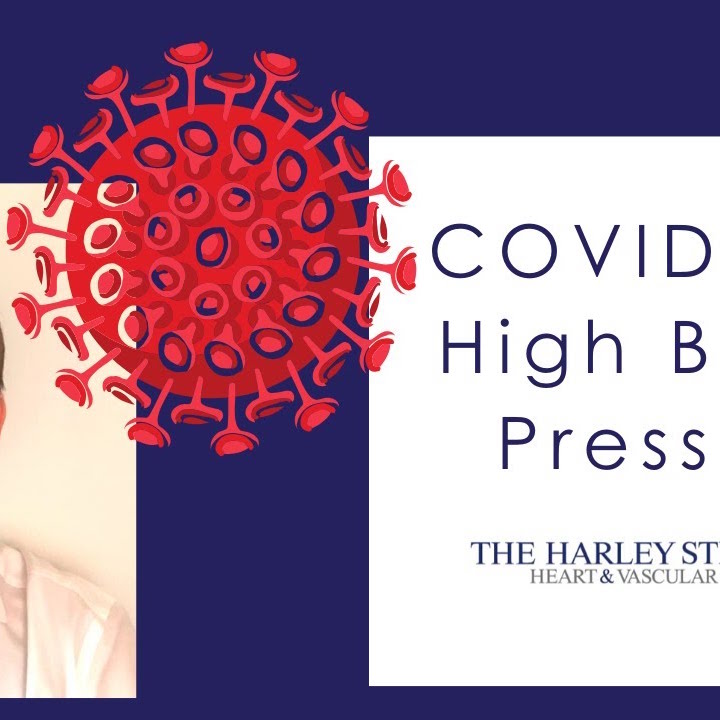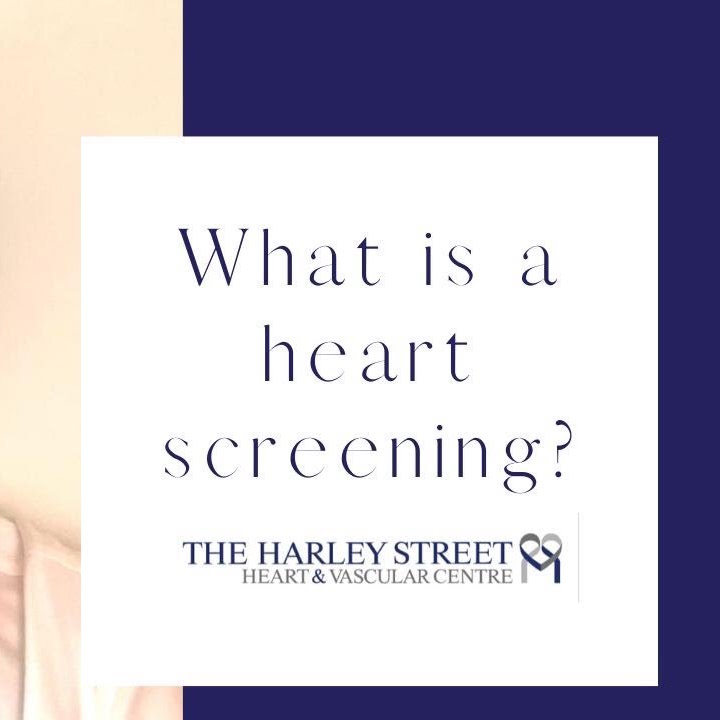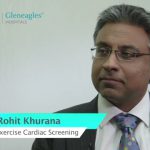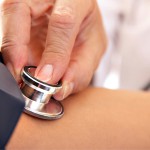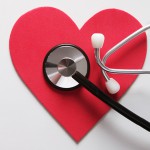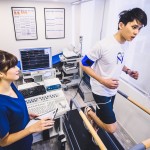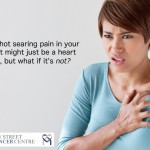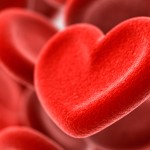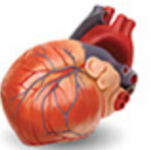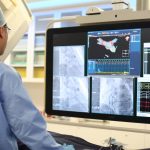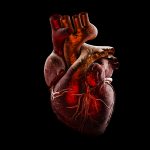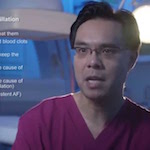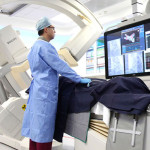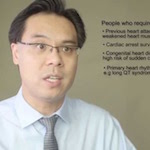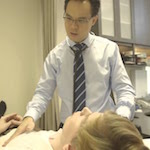ARTICLES
Diet and Exercise Tips for People with Arrhythmia
Living with arrhythmia can be daunting. Heart rhythm disorders affect your cardiovascular system, sense of normalcy, and well-being.
Read More V02 max – Why your Cardiologist recommends testing it
Longevity is today's health buzzword. 'Outlive' is a best-selling book by Peter Attia that comes up in conversation with my patients and his comments on cardiac longevity are often quoted in my clinic.
Read More Is Chocolate Really Good For You?
Chocolate is usually deemed a guilty pleasure but what if you don’t have to feel guilty eating it? Host Munah Bagharib does some decadent research into how this sweet treat has some health benefits for our heart and brain. But what type of chocolate should we eat, and which should we avoid? We put some chocolates to the test to find out.
Read More Foods to Avoid with Heart Failure: Tips from a Cardiologist
Heart failure, a chronic heart condition, can be managed in part by adopting a heart-healthy diet. This means being mindful of the foods you consume and making choices that promote cardiovascular health. In this article,....
Read More Best Cardio Exercises for Heart Health: Effective At-Home Workouts
These 27 cardio exercises are designed to help improve cardiovascular health and can be easily done in the comfort of your own home. According to Dr. Michael MacDonald from The Harley Street Heart and Vascular Centre, incorporating....
Read More Heart-Healthy Diet After Angioplasty for Speedy Recovery
Angioplasty is a common medical procedure used to improve blood flow in the arteries. It is often recommended for individuals with coronary artery disease, a condition that can...
Read More Athletes and Heart Disease: Why Does it Happen?
In 2021 at the Euro 2020 football championships, Danish soccer player Christian Eriksen suddenly collapsed on the pitch, leaving the entire stadium and those watching the match live, in shock. The then-29-year-old midfielder had...
Read More Heart-Healthy Foods to Eat for Optimal Heart Health
When it comes to maintaining a healthy lifestyle, the importance of consuming heart-healthy foods in daily meals cannot be overstated. By doing so, you can effectively lower your risk of...
Read More Seven Tips To Keep Your Heart Healthy Over The Festive Period
Many people may be surprised to learn that more people die from heart attacks during the last week of December than at any other time of the year. The exact reason for the surge in "holiday heart attack" is not..
Read More Atrial Fibrillation Testing
Diagnosing Atrial Fibrillation (AFib) can be a complex process that requires a good understanding of the testing involved. Understanding the testing process is crucial in accurately diagnosing atrial fibrillation and developing an effective treatment....
Read More Medications For Arrhythmia
Arrhythmia, a condition characterised by irregular heart rhythms, requires careful management to ensure optimal cardiac health. In this article, we delve into the common medications used to treat arrhythmia, their mechanisms of action, potential side effects, and when they should be...
Read More Lifestyle Modifications for Managing Arrhythmia
Are you familiar with the rhythm of your heartbeat? You might not think about it often, but it's a symphony of electrical signals and muscle contractions that keeps your heart beating steadily, like a conductor leading an orchestra. However, for some individuals, this harmony can be disrupted, leading to irregular heart rhythms known as arrhythmias.
Read More Symptoms of a Heart Attack in Men
Symptoms of heart attack in men differs from that of a women. This article serves as a comprehensive guide, shedding light on the subtle yet vital indicators that can help you or a loved one take timely action, potentially saving lives.
Read More Health Check-Up In Singapore
A health check-up in Singapore is an important step in keeping up to date on your current health. During a health check-up, your doctor can ensure that you are healthy and check on any health issues.
Read More 12 Lead ECG: A Patient’s Guide
12 Lead ECG is an important medical test that allows your doctor to analyze the electrical activity of your heart. A 12 Lead ECG is performed to check for a variety of conditions and requires 10 electrodes (two are in pairs) to be attached to your body. Once in place, the doctor can run the test and will have your results within 24 hours. For the 12 Lead ECG test, electrode placement is crucial to the accuracy of the readings.
Read More Best Cardiologist in Singapore: A Comprehensive Guide, Top Tips, and Recommendations
Looking for the best cardiologist in Singapore to address your cardiovascular concerns and receive top-notch medical care? Then this article is for you. Cardiovascular disease (CVD), refers to a disease of the heart or within your blood vessels. When it comes to cardiovascular disease, you will of course want the best cardiologist in Singapore. After all, cardiovascular disease accounted for 7762 deaths (32.0%) in Singapore alone in 2021.
Read More Holter Monitor
Holter Monitor is a small but incredibly useful wearable devices. These heart monitors track your heart’s rhythm to determine irregular heartbeats. Providing your doctor with valuable information regarding your heart’s condition.
Read More 2D Echocardiography
2D Echocardiography is a noninvasive procedure which allows your doctor to see your heart’s functions and structures. Utilising sound waves, this procedure is used to evaluate a wide range of conditions or diseases.
Read More Cardiothoracic Surgeons In Singapore
Cardiothoracic surgeons in Singapore work to an extremely high standard, as you would hope from this level of surgery. Cardiothoracic surgeons specialise in surgery on the heart, lungs, and other thoracic organs found within your chest.
Read More Angiogram Procedure
A coronary angiogram procedure is needed to assess for a variety of health conditions. Needing any form of medical procedure can be a stressful time and an angiogram is no exception. When undergoing this procedure, you want the best doctor possible to ensure you get the best care for your health. The doctors at Harley Street are highly experienced in angiography procedures and are expertly trained in providing you the best service at the time when you need it most.
Read More Comprehensive guide to booking an appointment with a Heart Doctor
When you’re looking to book an appointment with a heart doctor, you want the best level of service possible. At The Harley Street Heart and Vascular Centre, our expert heart doctors have the experience and knowledge needed in ensuring your care is of the highest standard available. Why choose the best? Well, there are few things more important than your own heart. With that said, you’ll want to review a number of different options before finally choosing a heart doctor that you are sure will take care of you.
Read More Heart Transplant: When and how it’s done
Heart transplants are incredibly serious operations which take a great deal of time, consideration and skill. When it comes to having a heart transplant, you want a heart doctor who has the knowledge and experience required to give you the absolute highest chance of success. At The Harley Street Heart and Vascular Centre, our expert heart doctor is tried and tested when it comes to taking care of your heart. We understand the needs of patients going through the challenging times that heart problems present and we take every necessary precaution and make every preparation so that you can go back to living a happy, full life. So if you’re looking for the best heart transplant in Singapore, keep reading.
Read More Difference between Cardiologist and Cardiothoracic Surgeon
Don’t know whether you need to see a cardiologist or cardiothoracic surgeon? This article will help you understand the difference between the two health professions.
Read More Everything You Need To Know About a Coronary Calcium Score
Did your physician advise you to undergo a coronary calcium score? Here’s everything you need to know about this test—from the cost to the procedures.
Read More How to Prepare for a Cardiologist Appointment
For people without known heart disease, a cardiovascular check-up can be a nerve-racking experience. Read these tips to ensure your appointment with the cardiologist goes smoothly.
Read More Importance of Regular Heart Health Checkups
Regular heart health check-ups can benefit people with or without heart problems. Find out why you should consider visiting a cardiovascular clinic in Singapore.
Read More Why You Should Undertake Cardiac Rehabilitation
As you age, your heart health becomes more of a concern. Here’s when cardiac rehabilitation enters the picture and the importance of undertaking it.
Read More Does Chest Pain Always Indicate Cardiovascular Disease?
Harley Street doctors are known for their medical excellence, and their holistic approach to patients. Harley Street is a one-stop center providing screening packages, cardiac investigations, sports cardiology, and vascular diagnostic tests. One of the most common symptoms Harley Street doctors deal with is chest pain. In this article we discuss why cardiologists are the best doctors to deal with chest pain, and what are the usual causes of chest pain.
Read More 5 Facts About Coronary Angiography
When a cardiologist or heart specialist needs to examine the coronary arteries of a patient’s heart, they’ll perform a coronary angiogram.
Read More Cardiologists in Singapore and standard of care in cardiac treatments
Singapore is renowned for its excellence in healthcare. In fact, it is one of the top ‘healthcare tourism’ destinations in the world. Every year, half a million tourists visit Singapore for medical treatment alone, with half of those coming from Indonesia. Whether you are a native Singaporean, or are coming to Singapore for heart treatment, it’s important that you know what to expect and where to find the very best heart surgeons and cardiologists.
Read More How do heart surgeons perform surgery?
Heart surgery is highly specialized, complex surgery. It can only be performed by trained heart surgeons. Here, we talk about how heart surgeons differ from cardiologists, how heart surgery is performed and how you can expect to recover after heart surgery.
Read More How Sleep Deprivation Leads to Cardiovascular Diseases
Getting sufficient sleep is pivotal to health and wellbeing. But 4 in 10 Singaporeans report experiencing sleeping difficulty, and more recently 1 in 6. say they aren’t sleeping due to worries about Covid-19.
Read More 7 Heart Health Myth Busters
The heart is a vital organ and its health is central to our overall well being. It’s therefore alarming to see so many myths are being peddled (and believed) about the best ways to keep the heart healthy.
Read More Benefits and Costs of Comprehensive Heart Screening
You are never too old, or too young, to care about your heart health. The most simple changes can improve the wellness of your heart and cardiovascular system, and might even save your life one day. One thing you can do for yourself is access comprehensive cardiac screening, which will give you a transparent view of your current heart health and help you better understand any lifestyle changes you need to make.
Read More Heart Specialists in Singapore
There are many fantastic cardiologists working across Singapore. When it comes to your heart health, you should never settle for less than the best, and make sure you have explored all the options open to you.
Read More Simple Ways to Avoid a Heart Attack, According to Doctors
As a society, we are especially concerned about our outward health. By that, we mean the way our bodies look to others, the tone of our muscles, the quality of our skin and the whiteness of our teeth. But how often do we stop and think about the most important muscle of all - the heart!
Read More How Much Does It Cost to See a Cardiologist in Singapore?
There are fewer things more important than your heart health. But often, signs and symptoms of a cardiological problem can go unnoticed or overlooked. If you suspect you have a problem, it is crucial to see a trained, professional cardiologist in Singapore as soon as possible.
Read More 5 Reasons to See a Heart Specialist in Singapore
Heart specialists are not general doctors. They have specialized and extensive education and training to study internal medicine and the heart. They diagnose, manage and treat heart conditions resulting in better patient outcomes.
Read More A Global Health Pandemic: What is Heart Failure?
One of the leading cardiovascular diseases that take a toll on health globally is heart failure. According to the Centres for Disease Control and Prevention (CDC), 6 million American adults are diagnosed with heart failure. In Singapore, heart failure is common, affecting 1 in 20 Singaporeans.
Read More The Ultimate Guide to Heart Palpitations in Singapore
Symptomatic heart palpitations are incredibly common. While they are usually nothing to worry about, pounding and irregular heartbeats can indicate a serious heart condition in some cases. If you experience heart palpitations, you should get yourself checked by a cardiologist.
Read More Introduction to Coronary Angiogram
Angiography is a broad term used to acquire anatomical and structural images of the vascular system, including the coronary arteries, using X-rays. The imaging procedure provides both anatomical and functional assessment of the heart and its surrounding structures. A Coronary angiogram is the gold standard test to look for blockages in the heart arteries.
Read More What is a calcium score? What are the top 10 benefits?
According to the World Health Organization, cardiovascular diseases (heart attacks and strokes) are the primary cause of increasing deaths worldwide. Figures show that a quarter of patients who experience myocardial infarction display no clinical manifestations. The CT Coronary Calcium score, can help predict cardiovascular events and prevent death. It is a simple test that calculates the amount of calcium in your heart arteries. More calcium equals more coronary artery disease.
Read More How Harley Street Can Help With Your Heart Bypass Surgery?
Coronary artery disease is incredibly common and unfortunately causes 1 in 3 deaths. One of the treatments for severe coronary artery disease is to undergo a coronary artery bypass graft (CABG). This surgery bypasses the blockages in the heart arteries allowing you to return to a more normal way of life.
Read More Atrial Fibrillation (AFib) – the Silent but Deadly Epidemic
AFib is the commonest heart rhythm problem but most people have not heard of the condition till they are diagnosed with it!
Read More Atrial Fibrillation (AFIB) Increases Your Risk of Stroke by 5x
September is National Atrial fibrillation awareness month, which gives us a good opportunity to remind the public of the dangers related to this very common arrhythmia.
Read More Myocarditis and Pericarditis after Administration of an mRNA Covid-19 vaccination
Our clinic has recently seen a number of healthy patients, mostly teenagers and young men, who started to describe symptoms such as chest discomfort, laboured breathing and palpitations (the sense that their heartbeat is abnormal) several days after administration of the 1st or 2nd dose of the Pfizer/BioNTech and the Moderna mRNA–based lipid nanoparticle vaccines.
Read More A heart doctor tells why he eats 100g of dark chocolate every week featuring Dr Michael MacDonald
Despite having a “terribly sweet tooth”, heart doctor Michael MacDonald tries to avoid consuming too many sweet and sugary treats for health’s sake. Once a week though, the 44-year-old who professes to be a “big fan of chocolate” permits himself a small bar of dark chocolate.
Read More Genetic Testing for Inherited Cardiac Disease
Many different types of heart disease can be inherited. Common conditions such as high blood pressure and coronary artery disease blood certainly run in families but likely result from a number of different genetic changes that individually have a subtle effect, but work collectively in a complex manner and influenced by other modifiable risks (including smoking, diabetes, cholesterol metabolism) to cause disease. In these situations, genetic testing is not yet available.
Read More What is the Link Between Sleep Apnea and Heart Disease?
Do you wake up in the night short of breath? Does your spouse complain about your snoring, or worse, say your breathing stops in the night? Does it seem like you can never get a full, restful night of sleep? All of these may be indications that you have sleep apnea. This condition can cause all kinds of unpleasant side effects, and being sleep deprived is just the beginning. Suffering from untreated sleep apnea can also lead to an increased risk of heart disease. So, what is sleep apnea, how is it linked to heart health, and what should you do if you have symptoms?
Read More How Useful is the Body Mass Index as a Health Indicator?
There has been a lot of stir in the media and medical communities lately regarding the Body Mass Index Scale (BMI). Some professionals and public members hold it up as a gold standard measurement of health, while others shout about its uselessness. So which is it? Is the BMI scale a good measure of overall health, or should it be replaced?
Read More How Can I Tell if My Palpitations are Due to Stress or a Heart Condition?
Felling your heart beat abnormally is an unnerving sensation. You may be tempted to make an appointment with your doctor immediately. If you have other alarming symptoms, this might be a good idea, but if this is your first time experiencing a palpitation, it may be nothing. Heart palpitations can be caused by something as simple as drinking too much coffee, but it can also be a sign of a severe health concern. The following article will give you information on the causes of heart palpitations and if yours could be caused by stress or a more serious heart condition.
What a
Read More How Can I Improve My Heart Health?
One of the most common answers a doctor will give you on any health-related questions is this: Diet and exercise. The key to increasing your heart health is just that - eat better and work out. However, it can be hard to pick up a new exercise routine if you don’t know where to start. Similarly, changing the way you’ve been eating for years can be just as much of a challenge. We understand how difficult lifestyle changes can be, so we’ve put together a few simple things you can do to start improving your heart health.
Read More What Should I Ask the Cardiologist at My First Check-Up?
Going to see any new doctor can be a nerve-wracking experience. Heart problems are a leading cause of death in many places, making heart health of utmost importance. If you have a problem with your heart or a family history of heart-related issues, the sense of agitation can be even worse when seeing a cardiologist for the first time.
Read More Blood in your Stools! What do you do?? Harley Street Health Episode 8
If we are honest with ourselves, most of us have probably seen some blood in our stools or on their toilet paper after wiping...! In this episode of Harley Street Health Dr Michael MacDonald talks to an expert on the bowel Dr Tan Wah Siew. She is a Colorectal Surgeon in Singapore. We talk about what you should do when you see blood, and when you need to see a doctor. We go through what your colorectal specialist will do during your visit and discuss the common causes of blood in the stools.
Read More Varicose Veins: Everything you need to know
Varicose veins will affect a lot of us as we get older. They can be both painful, cosmetically unsatisfactory, and create other medical issues. In Harley Street Health Episode 6, Dr Michael MacDonald chats with our very own Senior Vascular Surgeon, Dr. Sriram Narayanan, about everything varicose veins. We discuss why we get them, and what we can do about them. Including invasive and non-invasive techniques to deal with them.
Read More What is a Good Heart Rate for Me?
Your heart rate can vary depending on several factors. What you’ve been doing, what you’ve been eating, how much you weigh, your emotions and many other things can all affect how fast your heart beats. That being said, there are ways to tell what a reasonable heart rate is for you whether you are at rest or exercising. Read on to discover how to measure your heart rate, what regular heart rates are for different demographics, and what to do if yours is outside the normal range.
Read More Cardiologist and Cardiac Surgeon - What is the Difference?
Cardiovascular disease is one of the top causes of death in much of the developed world. Both cardiologists and cardiac surgeons (also referred to as cardiothoracic surgeons) lead the fight against this deadly threat. While both professions are concerned with treatments of heart conditions, there are some critical differences between the two related fields. Both start their journeys by attending higher education programs that teach the building blocks of medicine, but that is where the similarities end. After a few years of medical education, their training diverges, the duties they perform differ, and their specialties can vary greatly.
Read More SINGAPORE
Gallstones - What are they and what can you do about them? Harley Street Health Episode 7
Gallstones are super common and lead to a lot of discomfort. They cause abdominal pain, back pain and nausea/vomiting. In this episode of Harley Street Health Dr Michael MacDonald talks to Dr Lee Ser Yee, a consultant hepatopancreatobiliary surgeon and all-round gallstone/liver expert about what causes them and what you can do about them. We take a look at the risk factors for gallstones, how they are investigated and different surgical and non-surgical treatments including the use of minimally-invasive surgery.
Read More Top 5 Dietary Tips to Prevent Gout
A form of arthritis, gout is caused by a buildup of uric acid, which occurs when the body contains too much purine. Purine is produced in the body naturally, but it is also present in many foods. The extra uric acid forms crystals around joints, especially in the big toes (although other joints are also often affected). It causes pain, which is sometimes intense, swelling, redness, stiffness, or any combination of these symptoms. It is wholly unpleasant, even in small flare-ups, but you can follow some dietary rules to lessen the number of flares and their severity.
Read More What is Lipoprotein (a) and why do we need to measure?
Lipoprotein (a) [Lp (a)] is a low density lipoprotein (LDL) particle with an added apolipoprotein(a), which is bound covalently to the apoB contained in the outer shell of the particle. It is made in the liver and measured in the blood plasma.
Read More My Mum/Dad had a Heart Attack - Is that Important for Me?
There are tons of great things passed down through families: heirlooms, recipes, pictures, and memories. Still, many things are less pleasant that are passed through family lines - one of these things is a higher risk for heart disease. If one or both of your parents have had a heart attack, you may be at risk for suffering the same fate, as it can indicate a strong family history of being genetically prone to heart attacks. It is by no means set in stone, but you should look into factors that may run in your family and take steps to promote a heart-healthy lifestyle.
Read More Can You Do Too Much Exercise?
We all know that exercising too little, or not at all, can lead to several serious health issues. In the Covid-19 age, many of us are dusting off the treadmill, buying weights online, and breaking out the old running shoes. While exercising is a good practice that can improve your overall health, strengthen your body, and help ease mental health, there is such a thing as too much exercise. So how can you tell if your workout routine is too harsh?
Read More What Exercise is the Best for Heart Health?
Keeping a regular workout routine is one of the best ways to improve your heart health. If that isn't reason enough to get your sweat on, it can also help you to lose weight, maintain a healthy weight, increase strength and lung capacity, and even improve your mental health - The list goes on and on!
Read More Dialogue with medical expert: Chronic Heart Failure
Dialogue with medical expert is a series of educational videos where medical specialists share their insights on various disease states.
Read More Is Red Wine Really Good for the Heart?
Is red wine actually good for the heart? The short answer is yes - and no. It depends very much on your personal and familial health history, among other matters. This article will give you a good idea of the risks and rewards of red wine on heart health, but before going out to buy a bottle for health reasons, consult a medical professional. You should not start drinking red wine for health benefits without discussing it with your doctor, but if you already enjoy an occasional glass with your dinner, you may be at reduced risk for some heart-related health issues.
Read More 5 Causes of Chest Pain Unrelated to the Heart
When people get chest pain they often immediately think of their heart. Heart causes of chest pain are the most important to diagnose, so it’s important if you do have chest pain that you come for assessment so we can reach the correct diagnosis, but are all chest pains a result of heart disease? NO!
Read More Heart Healthy Diets - The Mediterranean Diet
Chances are, you have probably heard about the Mediterranean Diet, either in the media or from friends and family. But what is it exactly? It is more of a style of eating than a traditional diet, and top health experts from around the world sing its praise. One of the reasons for this praise is that it is one of the only diets shown to reduce heart attack and stroke in clinical trials (PREDIMED study). The following article will explain the Mediterranean diet, the health benefits of this eating style, and suggestions on following it.
Read More What is Causing my Breathlessness?
Breathlessness is super common! 25% of patients seen by doctors in the clinic are there because of breathlessness. The medical term for it is dyspnea. Breathlessness or shortness of breath is a common clinical manifestation of many underlying conditions.
Read More Why is High Blood Pressure Called the Silent Killer?
High blood pressure (also called hypertension) is often described as a silent killer because it has no obvious symptoms. Patients usually have no idea they have high blood pressure. Hypertension slowly works in the background, damaging your arteries in silence! This condition is considered one of the major public health challenges of the modern era and is linked with serious health issues such as heart attack, heart failure, and stroke.
Read More Everything Sleep Apnea: Harley Street Health Episode 5
Do you...... Wake up feeling tired? Have difficulty concentrating during the day? Have a low-level headache or daytime fatigue?
Read More Diabetes - Beginners guide: Harley Street Health Episode 4
We all have friends and family with diabetes. Diabetes is now at epidemic levels and leads to major issues like heart attacks, strokes, kidney failure and blindness. In this episode of Harley Street Health Dr Michael MacDonald has a chat with consultant endocrinologist Dr Daniel Wai about everything diabetes!
Read More Harley Street Health Episode 3: Heart attacks and heart failure - what's the difference?
All the different terms for heart disease can be really confusing.....heart attacks, heart failure, coronary artery disease.... In this podcast episode, Cardiologist Dr Michael MacDonald discusses the differences. The primary process that leads to a lot of heart disease is called atherosclerosis. Lipid rich plaques form in the walls of the coronary arteries. When these plaques get inflamed, they can rupture, and a clot can form in the coronary artery, stopping blood flow to the heart muscle. This is called a heart attack (or myocardial infarction). This process can cause sudden death and damage to the heart muscle.
Read More Harley Street Health Episode 2: Pelvic Congestion Syndrome - Don't Suffer In Silence
Pelvic congestion syndrome is a remarkably common cause of chronic pelvic pain in women, but it is incredibly underdiagnosed. In this video Dr Michael MacDonald interviews Dr Sriram Narayanan, a senior consultant vascular surgeon at the Harley Street Heart & Vascular Centre, Singapore. Dr Ram talks about how PCS is caused, how to investigate it, and how to manage the condition
Read More Harley Street Health Episode 1: Palpitations. What are they and how do we treat them?
The first episode of the Harley Street Health Series. In this video Dr Reginald Liew and Dr Michael MacDonald discuss the common symptom of palpitations. What are palpitations? What are they caused by? How can you treat them? What lifestyle changes can make the difference?
Read More How do you feel when you have high blood pressure?
In this video Dr Michael MacDonald (Singapore Cardiologist) explains how most people feel when they have high blood pressure. The simple fact of the matter is that high blood pressure is also called "The Silent Killer" for good reason. Most people have no symptoms whatsoever! High blood pressure slowly damages your blood vessels all over your body leading to heart attacks, kidney failure, strokes and death.
Read More Top 5 ways to lower high cholesterol naturally
Your doctor's told you you have high cholesterol! You will be at a higher risk of heart attack and stroke. So what can YOU do about it?? The first thing to do is take the cholesterol-lowering medication if your doctor has recommended it. But that's not all. There are simple dietary tricks you can do to lower your cholesterol naturally. In this video I explain the 5 most effective, scientifically proven techniques to bring your cholesterol down. This includes the single most important supplement that has been proven to work.
Read More What are the symptoms of high cholesterol?
High cholesterol leads to premature blockages in the heart arteries, heart attacks and strokes. But how do you know if you have high cholesterol? What are the symptoms? The answer is that the majority of people have no symptoms at all until they have a heart attack or a stroke! High cholesterol works in the background causing atherosclerosis, slowly furring up the arteries all over the body. The only way to know if you have it is to get a blood cholesterol check by your doctor.
Read More What is heart failure and what can I do about it?
Swelling of the legs, breathlessness and tiredness are some of the common symptoms of a condition called heart failure. Heart failure is increasingly common, and is caused by common conditions like high blood pressure, coronary artery disease and diabetes. There are lots that can be done to treat it, but the first step is getting it diagnosed. If you have any of the above symptoms you should visit your doctor to get assessed.
Read More Why can't I lose weight by dieting? AND how best to lose weight long term!
How many of you have tried a diet, lost some weight, then a few months later you are back to square one?! You are not alone. Studies show us that most people that try a diet have put that weight almost completely back on within 1-2 years. But why is that? Why is it so difficult to keep weight off long-term? What is the best way to lose weight and keep it off? In this educational video, I explain how your body tries to keep you at your current weight and why short terms diets don't work in the long term. I will also explain the techniques needed to sustain weight loss long-term and improve your overall wellness.
Read More Do cardiologists perform surgery?
What is the difference between a cardiologist and a cardiac surgeon? Both specialties are involved in managing patients with heart problems, but they do very different things. A cardiologist diagnoses and treats conditions of the heart and blood vessels usually with medication and sometimes with minimally invasive techniques like angioplasty. Some conditions cannot be dealt with in this way and this is when a cardiac surgeon steps in. A cardiac surgeon often performs major surgery where the patient is given a general anesthetic and their chest is opened up to access the heart. Cardiac surgeons do operations like valve replacements and coronary artery bypass grafting.
Read More What happens at a first visit to a cardiologist?
It can be scary when you have to visit a cardiologist for the first time. Worrying about what they will do and what they might find. Don't worry! It's really not that scary. In this video I talk you through what happens at a first visit and what tests you can expect. It will always start with a conversation about your symptoms and background history followed by an examination of the heart. After this you will most likely get an ECG and a number of other tests depending on your symptoms.
Read More COVID 19 and the treatment of hypertension
There has been a lot published in the media about the relationship between COVID-19 and hypertension (high blood pressure). In this video Singapore cardiologist Dr Michael MacDonald goes over the available data on COVID and high blood pressure and offers practical advice on how to manage hypertension during this pandemic.
Read More What is a heart screening?
Have you ever wondered what a heart screening is? Singapore Cardiologist Dr Michael MacDonald walks you through what commonly happens when you visit your doctor to get a heart checkup. He will tell you what tests are most important and why your doctor might order them.
Read More Improving Your HDL-Cholesterol
High density lipoproteins are important for the transport of cholesterol (collectively known as HDL-C) to the liver for breakdown and removal. In clinical practice, HDL cholesterol, rather than HDL particle structure or function, is used to risk stratify patients. Because these molecules transport cholesterol away from the arteries to the liver, HDL-C is commonly viewed as 'good' cholesterol and has been associated with reduced risk of coronary heart disease.
Read More How can snoring affect your heart?
Has your partner ever said you snore? Have they ever mentioned that you sometimes stop breathing when you sleep? If so, you may have sleep apnea, a potentially serious sleep disorder that can have significant consequences for the heart and arteries.
Read More 5 Effective Ways to Lower Your Cholesterol Naturally with Your Diet
We know that having a high cholesterol is associated with heart attacks, strokes and death (cardiovascular disease) and that lowering cholesterol with medications called statins is an effective way to lower your risk of disease.
Read More 5 Simple Ways To Combat The Effects Of Stress On The Heart
When your body perceives a threat, it increases the production of stress hormones like adrenaline that alter the way multiple systems in your body function i.e. digestion and immune systems. When the threat diminishes the hormone levels return to normal.
Read More How Does Stress Affect The Heart?
The stress response is a normal physiological response to help you deal with threats. When your body perceives a threat, it increases the production of cortisol and adrenaline. Cortisol raises your blood sugar and adrenaline elevates your heart rate and blood pressure. They are complex hormones that combine to alter the way multiple systems in your body function i.e. digestion and immune systems. When the threat diminishes the hormone levels return to normal.
Read More Light Reflex Rheography (LRR)
What is a Light Reflex Rheography or LRR? Light reflex Rheography is a refined form of Photo-Plethysmography (PPG). This method is a non-invasive examination which measures the venous blood flow in the lower legs using infrared light, to evaluate the function of venous valves and the effectiveness of venous muscle pump. Venous blood volume changes...
Read More Learn and understand what Coronary Angiogram is about - Dr Rohit Khurana
When do one need an angiogram and how is it being done.
Read More Why Cardiac Screening is Important? - Dr Rohit Khurana
Early detection of heart diseases through cardiac screening save lives
Read More The Importance of Pre Exercise Cardiac Screening Dr Rohit Khurana
Dr Rohit Khurana talks about the importance of pre exercise cardiac screening.
Read More 3 Myths of High Blood Pressure Causes and Symptoms
Hypertension or high blood pressure is common among Singaporeans. The Health Promotion Board reports that 1 out of 2 Singaporeans aged 60-69 have high blood pressure. While it is a common condition, high blood pressure rarely causes any symptoms - in many cases, you would not know that your blood pressure has already risen to a dangerous...
Read More 3 Ways To Achieve Your Ideal Heart Rate
We've always been told that engaging in regular exercises like walking, running, or swimming gives us a healthier heart. But do you know that over-exercising may also over-work your heart and increase your chances of having heart disease? A fast heart rate of over 100 beats per minute can make you lose your breath and...
Read More 4 Symptoms of a Heart Attack that Women may Overlook
While the classic symptoms of a heart attack, such as chest pain and discomfort in the left arm, are common for men, symptoms in women are less well-defined and may even be silent. Over the years, we have seen many female patients that had suffered from a minor heart attack without even knowing it. Some...
Read More 5 Simple Tests To Help You Achieve Optimal Heart Health
There is nothing more painful than losing a loved one to sudden death due to heart attack, cardiac arrest or stroke. These cardiovascular diseases all find their root cause in coronary artery disease, which you could develop when your heart artery is blocked with fatty plaques. Thankfully, seeing your cardiologist in Singapore for regular cardiac...
Read More Dobutamine Stress Echocardiography (DSE)
What is Dobutamine Stress Echocardiography? Echocardiography uses ultrasound waves (high-frequency sound waves) to assess the motion of heart muscle and bood vessels. Dobutamine stress echocardiography (DSE) is a non-exercise stress test that allows the cardiologist to study the capacity and reserve of heart muscle function under stressful condition. Dobutamine, a cardiac medication, is infused through...
Read More Exercise Stress Echocardiography (ESE)
What is Exercise Stress Echocardiography? Echocardiography uses ultrasound waves (high-frequency sound waves) to assess the motion of heart muscle and blood vessels. Exercise Stress echocardiography (ESE) is an exercise stress test that allows the cardiologist to study the capacity and reserve of heart muscle function under stressful condition. You need to exercise on Treadmill machine...
Read More How Would You Know If Your Chest Pain Is Telling You That Your Heart Is In Trouble
The hot searing pain you are experiencing in your chest might just be a heart burn, but what if the pain in your chest is telling you that your heart is in trouble instead? Here are some common signs of heart-related chest pain and why heart surgery may be necessary to help alleviate it. Common...
Read More Is Your Heart Bleeding? Learn About The Heart Surgery To Plug Leaks In Your Heart Valve
A healthy heart functions in such a way that it pumps blood sufficiently and enables blood to flow from the heart chambers into the other organs of the body. Unfortunately, leaks can sometimes develop in the heart valves, impairing the forward flow of blood. Leaky heart valves, such as mitral regurgitation, cause blood to flow...
Read More Preventing The Widow Maker's Disease: 3 Treatments To Help Prevent Sudden Cardiac Death
It comes without warning; it kills within minutes. No wonder, Sudden Cardiac Death or SCD has been called the widow maker's disease. In Singapore, about 1000 women lose their husbands to SCD yearly. According to the National Heart Centre Singapore, about 90% of SCD occurs in males aged around 47 years old. Whereas for females...
Read More 3 Factors That Make You An Ideal Candidate For Open Heart Surgery
Heart attack is the second most common cause of death in Singapore, and the third most common reason for hospital admission. According to the Ministry of Health, 261 patients were admitted to the National Heart Centre for open heart surgery (coronary artery bypass graft) from 1 May 2014 to 30 April 2015. 67 patients were...
Read More 3 Things To Expect After A Coronary Artery Bypass Graft (CABG) Surgery
For many people with a coronary artery disease, the Coronary Artery Bypass Surgery, a heart surgery that removes blocked artery and replaces it with a healthy artery, serves as a much-needed lifeline. Many patients experience improved quality of life after a CABG. The effectiveness of the surgery depends on a lot of factors, including post-surgery...
Read More 5 Things Your Cardiologist In Singapore Will Ask You To Do Before A Catheter Ablation
Catheter ablation is a procedure that uses radiofrequency heat (similar to microwave heat) to destroy abnormal heart tissue that causes irregular and rapid heartbeats known as cardiac arrhythmias. As your cardiologist would explain, cardiac arrhythmias can cause shortness of breath, weakness and fainting as a result of your heart's failure to effectively pump blood. While medications...
Read More 5 Truths You Shouldn't Hide From Your Cardiologist
While it's no secret that heart attack occurs without any warning, most people who have had a heart attack confess to one thing: They knew they were at risk, but they either denied or ignored it. Seeing your cardiologist in Singapore for regular heart checks is a good first step towards prevention as long ...
Read More 8 Questions To Ask Your Cardiologist About Coronary Artery Bypass Graft (CABG) Surgery
Heart attack is the second most common cause of death in Singapore. Heart attack occurs when the coronary artery supplying blood to the heart becomes hardened or blocked, subsequently cutting the oxygen supply to the heart. The part of the heart muscle that is oxygen-starved begins to die, resulting in heart attack. As your cardiologist...
Read More Fixing A Broken Heart: How Your Cardiologist In Singapore Can Help You Manage Heart Failure
When your heart is not able to pump enough blood to supply much needed oxygen and nutrients to your body's organs and tissues, the condition is known as heart failure. In most people, heart failure is a chronic disease that has no cure. If you have been diagnosed with chronic heart failure, seeing your cardiologist will...
Read More Healthy Hearts: Benefits Of Heart Screening
Many of you may not heed your doctor's advice to start having a healthy lifestyle until you are diagnosed with cardiovascular disease. As your cardiologist in Singapore would explain, managing risk factors (such as high blood pressure and high total cholesterol) is crucial to preventing cardiovascular diseases. Seeing your cardiologist in Singapore for proactive screening is...
Read More Heart Attack: How a Cardiologist In Singapore Can Help Prevent This Silent Killer
According to the Singapore Heart Foundation, 15 people die from a heart attack or stroke every day. This accounts for nearly 1 out of 3 deaths in Singapore.
A heart attack is a silent killer and many first attacks are fatal or permanently disabling. Because of this, early prevention is crucial.
Read More Permanent Pacemaker Implant: What to ask your cardiologist
The heart of a healthy adult beats from 60 to 100 times a minute at rest. As your cardiologist would explain, abnormal heart rhythms, also known as arrhythmia, may cause the heart to beat too fast, too slow or erratically. When this happens, the heart is not able to pump blood effectively, therefore, affecting its...
Read More Understanding Angioplasty And Bypass Graft Heart Surgery:
What To Expect When Your Heart Is Literally In Your Doctor’s Hand
Your chest starts to tighten; you find it hard to breathe. You feel your heart racing fast, and suddenly you are nauseated and start to collapse. You could be having a mild stroke or a heart attack and need to be rushed to the ER. Heart attack results from coronary artery disease, a condition where...
Read More What is AF Ablation?
Dr Regianld Liew talks about what is AF Ablation, what does it treat and how it is done.
Read More What is Atrial Fibrillation?
Dr Reginald Liew talks about what is Atrial Fibrillation and what are some of the current treatment options available today.
Read More Will I Survive? A Look Into The Survival Rates Of Coronary Artery Bypass Surgery In Singapore
Many people who suffer from congenital and coronary heart diseases owe their second life to heart surgery and other heart procedures. In Singapore, more than 500 heart surgeries were performed in 2011, according to the National University Heart Centre. This number is seen to rise as many patients who had been operated on in infancy...
Read More 3 Heart Surgery Procedures To Repair Clogged Arteries And How These Will Help You Live Longer
Stroke and heart attack are two dreaded consequences of coronary artery disease (CAD), which occurs when fatty plaques clog up your coronary arteries. Eating fatty and cholesterol-laden foods is seen as the main reason for fatty plaques to build up in your arteries. Because fatty plaques build up overtime, you may not experience symptoms until...
Read More Pacemakers, what are they for?
Dr Reginald Liew explains what are pacemakers, how it helps in treatment of multiple heart conditions, how it is implanted and how long it would last.
Read More Palpitations - Causes, how to detect and how to treat them
Dr Reginald Liew talks about what are palpitations and what are the causes of it. He will also talk about different types of heart rhythm problems, how to detect them and the various treatment options available.
Read More Heart Health: Get Screened By A Good Cardiologist In Singapore
Have you given your heart a check lately? According to the Ministry of Health, 15 people die from cardiovascular disease everyday in Singapore. This means that 1 out of 3 deaths in the country are caused by a heart disease or stroke. As with many other diseases, keeping your heart healthy is an important defence...
Read More The Importance of Pre-Exercise and Pre-Marathon Cardiac Screening
Regular exercise of moderate intensity is widely encouraged to reduce one's long term risk of heart disease. The incidence of sudden cardiac death of an athlete is a rare tragedy that is related to the increased risk associated with strenuous exercise in the presence of a quiescent cardiac abnormality. Pre-exercise cardiac screening for individuals participating...
Read More 

